Featured Video
Rangers-Kraken Highlights
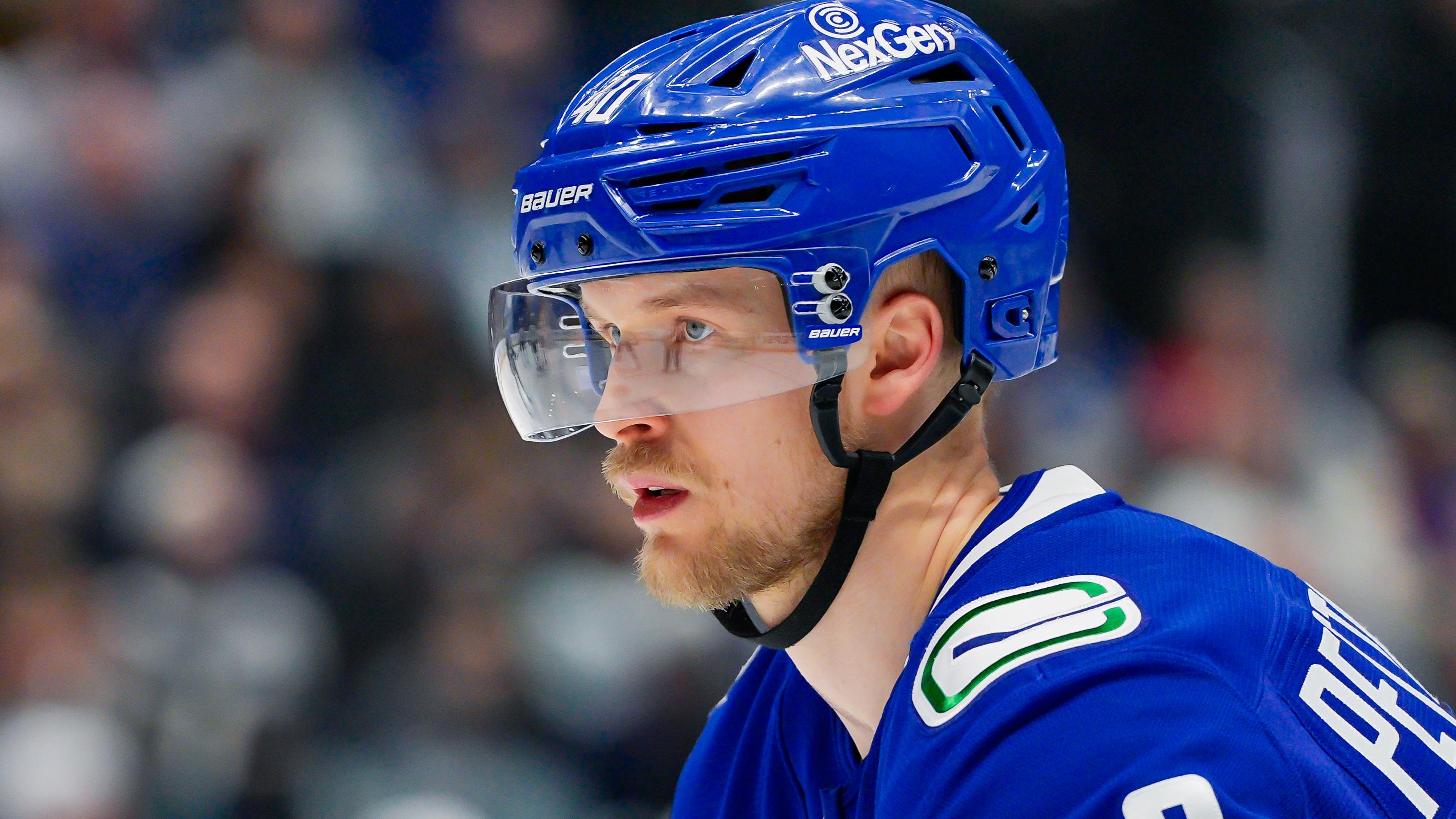
Every NHL Team's Worst Contract Heading Into the 2025-26 Season
Even with the NHL's salary cap on the rise in the coming seasons, teams still need to pay extra attention to how they are spending their money, especially Stanley Cup contenders.
Every contract presents an opportunity cost, where every dollar going to one player is a dollar that can not go to another player. Too many bad contracts, even if they are on the smaller side, add up to big mistakes that can have a trickle-down effect on the roster.
Let's take a quick look around the NHL and identify the worst contract on each team heading into the 2025-26 season.
Anaheim Ducks: Mikael Granlund
1 of 32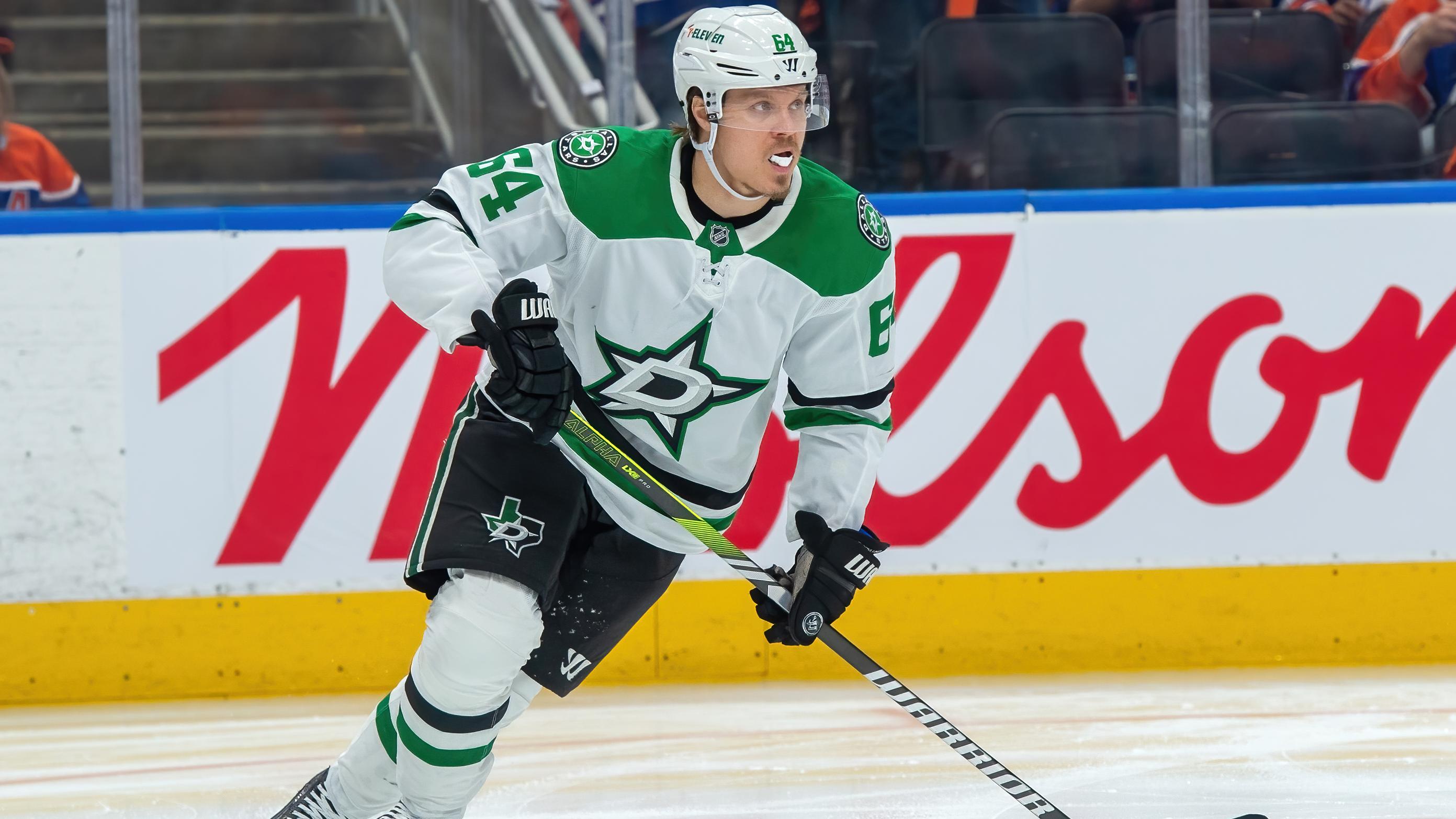
It's not hard to see why Granlund had a strong market on the free agent market, and it's not hard to blame the Ducks for wanting to add him. Granlund did a fantastic job rebuilding his career the past two years in San Jose and Dallas, accumulating 126 points.
That's bona fide top-six production. But a lot of that production came while he was racking up top-line minutes and top power-play minutes on a bad team. Somebody has to play those minutes. Even bad teams are going to have leading scorers. Somebody has to get those points. That doesn't necessarily mean that production will translate into a different role with a different team.
That's the risk the Ducks are taking by signing him to a three-year, $21 million contract.
He's 33 years old, doesn't significantly impact the game defensively, and must be productive offensively to have value. I'm not sure if that's going to work out the way the Ducks want it to. This is one they might end up regretting.
Boston Bruins: Tanner Jeannot
2 of 32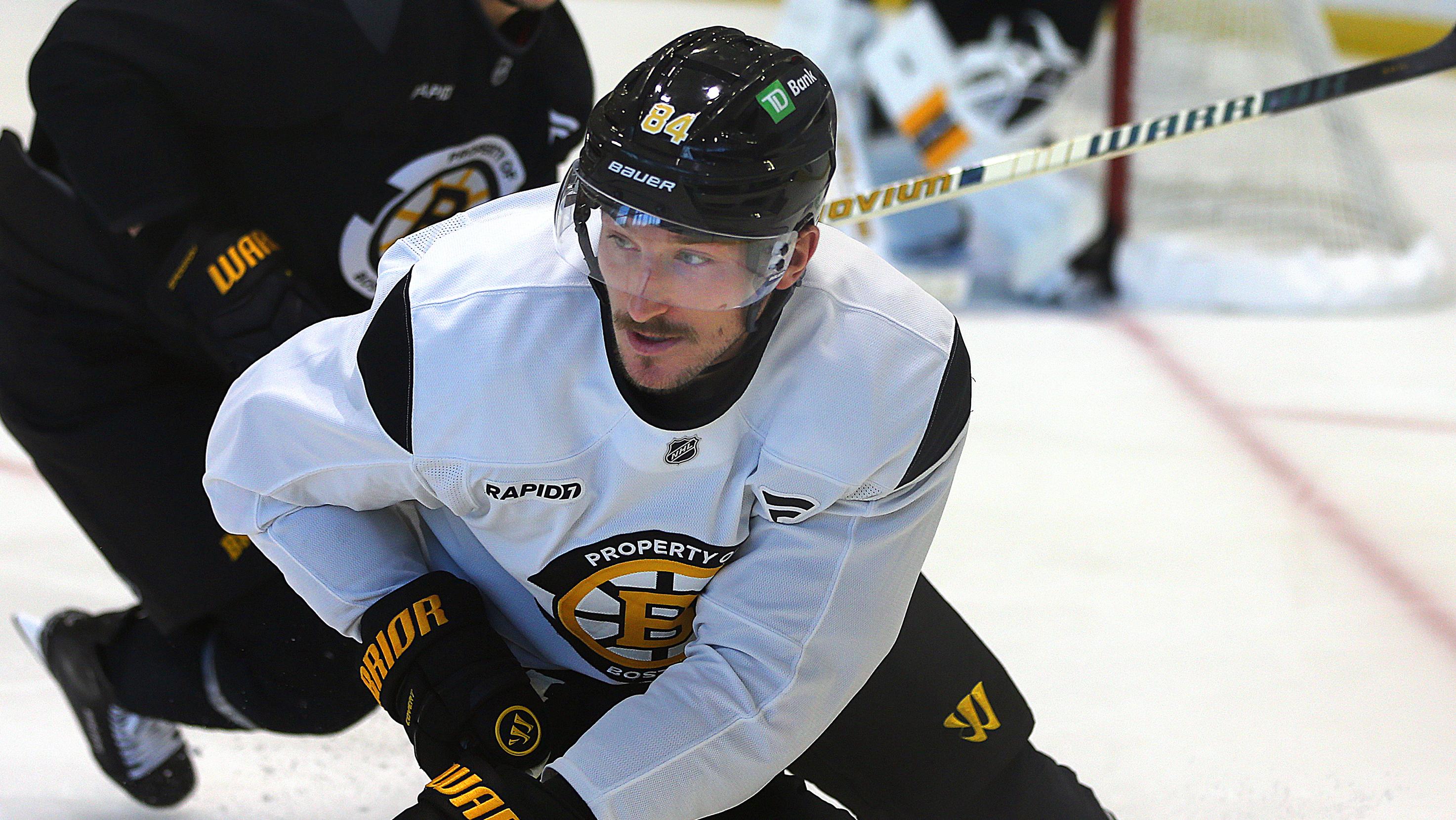
Another free agent from this offseason makes the cut, and this one is just hard to figure out from a Bruins perspective.
Jeannot's salary cap hit of $3.5 million isn't totally outrageous, but he's a fourth-line forward who isn't going to score much and is now signed for five years. You don't need to sign a player like this for that much term.
It seems like the Bruins are trying to overreact to playing in the same division as the Florida Panthers, and are attempting to add more grit and toughness solely for the sake of adding more grit and toughness.
There are some questionable contracts on this roster, and they added another one this summer.
Buffalo Sabres: Mattias Samuelsson
3 of 32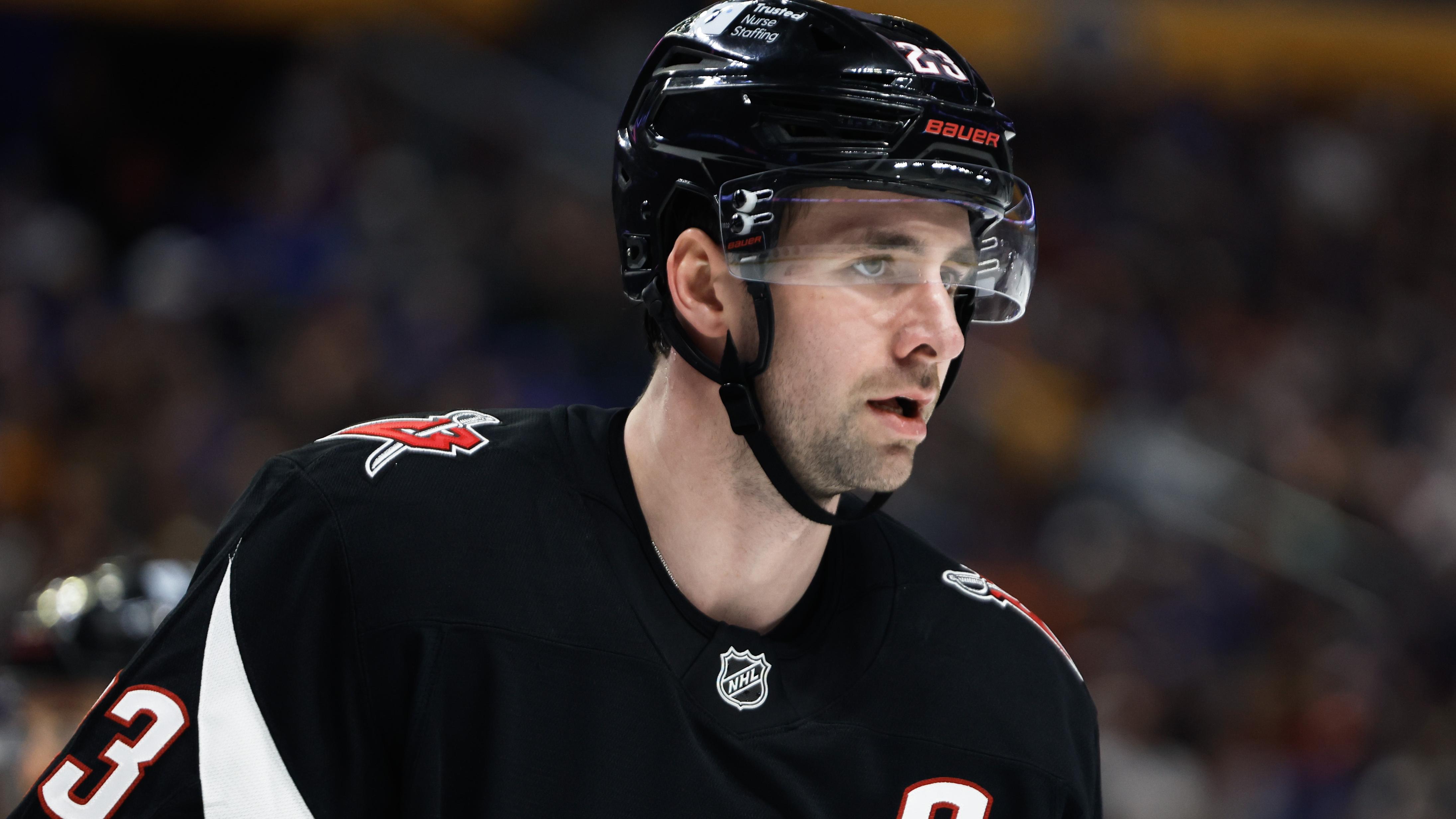
When the Sabres initially signed Samuelsson to his current seven-year, $30 million contract extension, it seemed like the type of contract that was going to end up being a steal at some point in the not-too-distant future.
It hasn't exactly worked out as planned, as Samuelsson's development and progression have stalled somewhat.
It's not a total albatross contract, or a cap-destroyer, by any means, but it's not exactly a great contract.
The one thing the Sabres have going for them is that they don't have many ugly contracts. They just have an ugly roster and don't spend as much money as they could.
Calgary Flames: Jonathan Huberdeau
4 of 32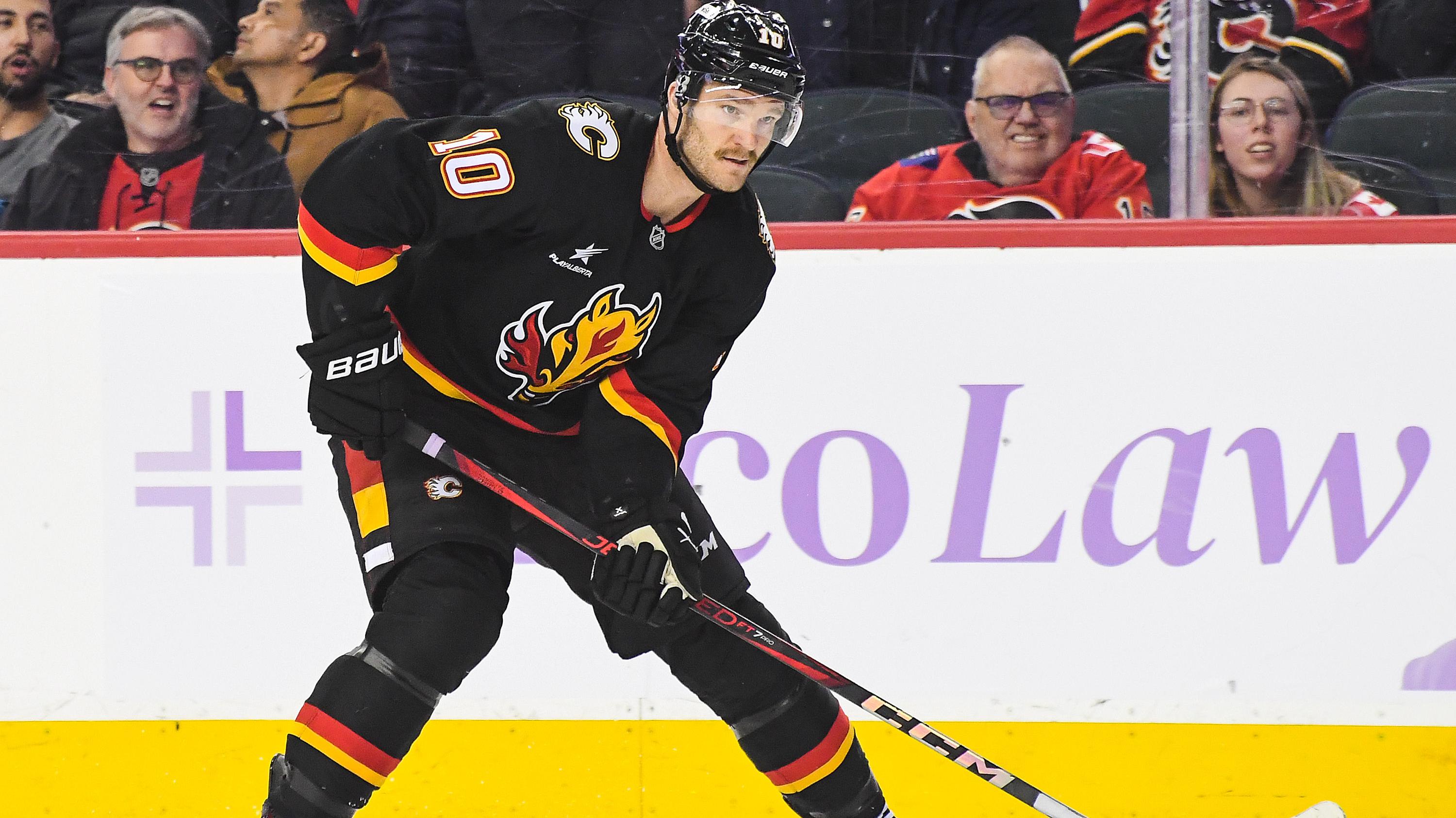
When Huberdeau played in Florida, he was an MVP-level scorer, routinely flirting with 90-100 points. But from the moment he arrived in Calgary, his offense just completely evaporated to the point where he's now barely a 60-point scorer.
Given his lack of defensive presence, that is simply not good enough for the $10.5 million price tag he carries for the next five years. The Flames were really hopeful that getting Huberdeau as the centerpiece of a Matthew Tkachuk trade would help them remain competitive.
It has not.
And now their offense is one of the biggest things holding them back.
Carolina Hurricanes: Jesperi Kotkaniemi
5 of 32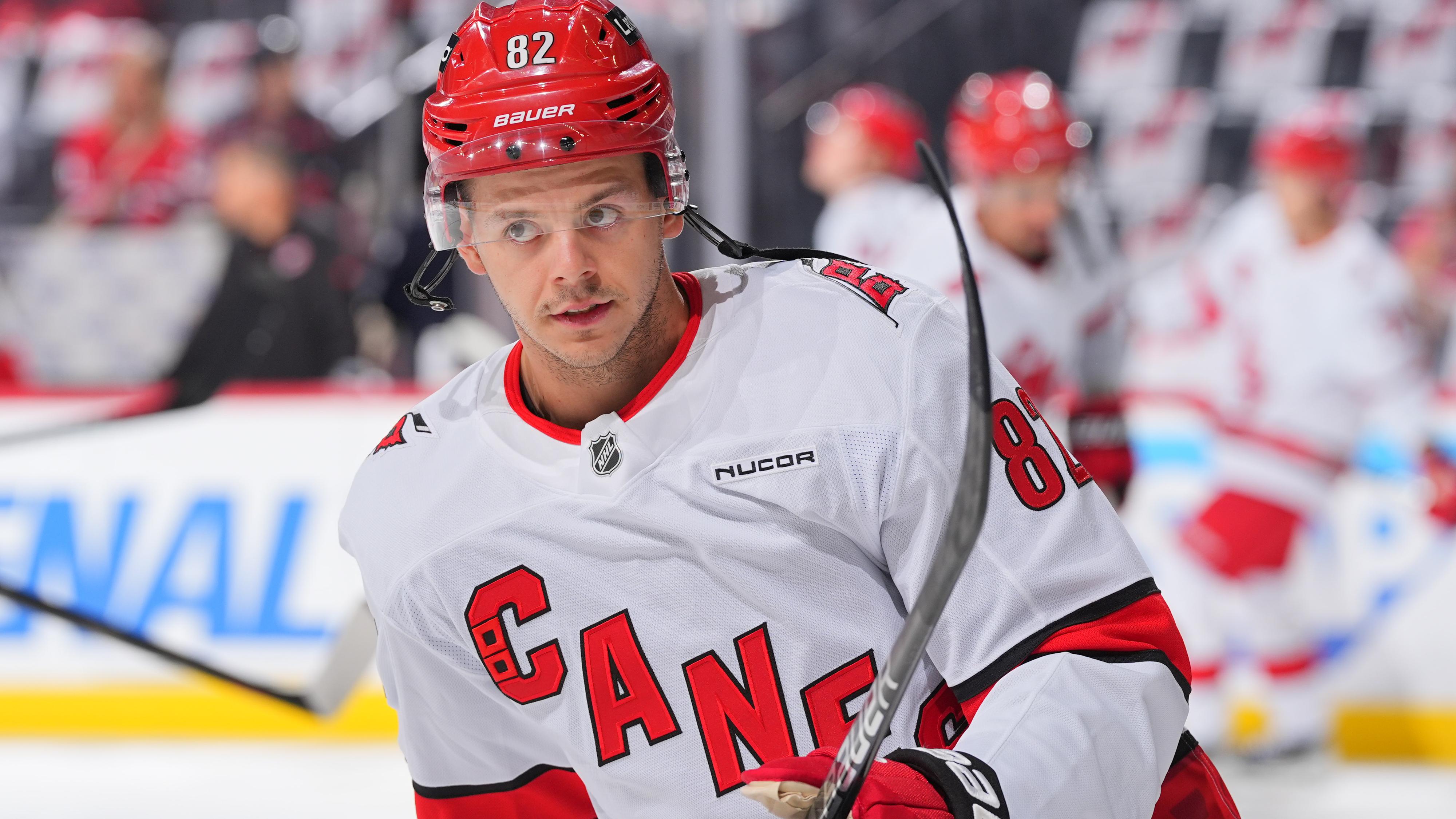
It is a testament to how well-constructed the Hurricanes are that their worst contract is a relatively reasonable $4.8 million salary cap number for a solid player in Kotkaniemi.
The issue isn't so much about whether Kotkaniemi is a good player (he is a solid player) or that his contract has a large cap number (he doesn't); it's just that the term is a little long for the offense he provides.
Is it a stretch to call his contract the worst here? Yes. But we are naming one for every team, so somebody has to get that title here, even if it's not a bad contract or a bad player.
Chicago Blackhawks: Tyler Bertuzzi
6 of 32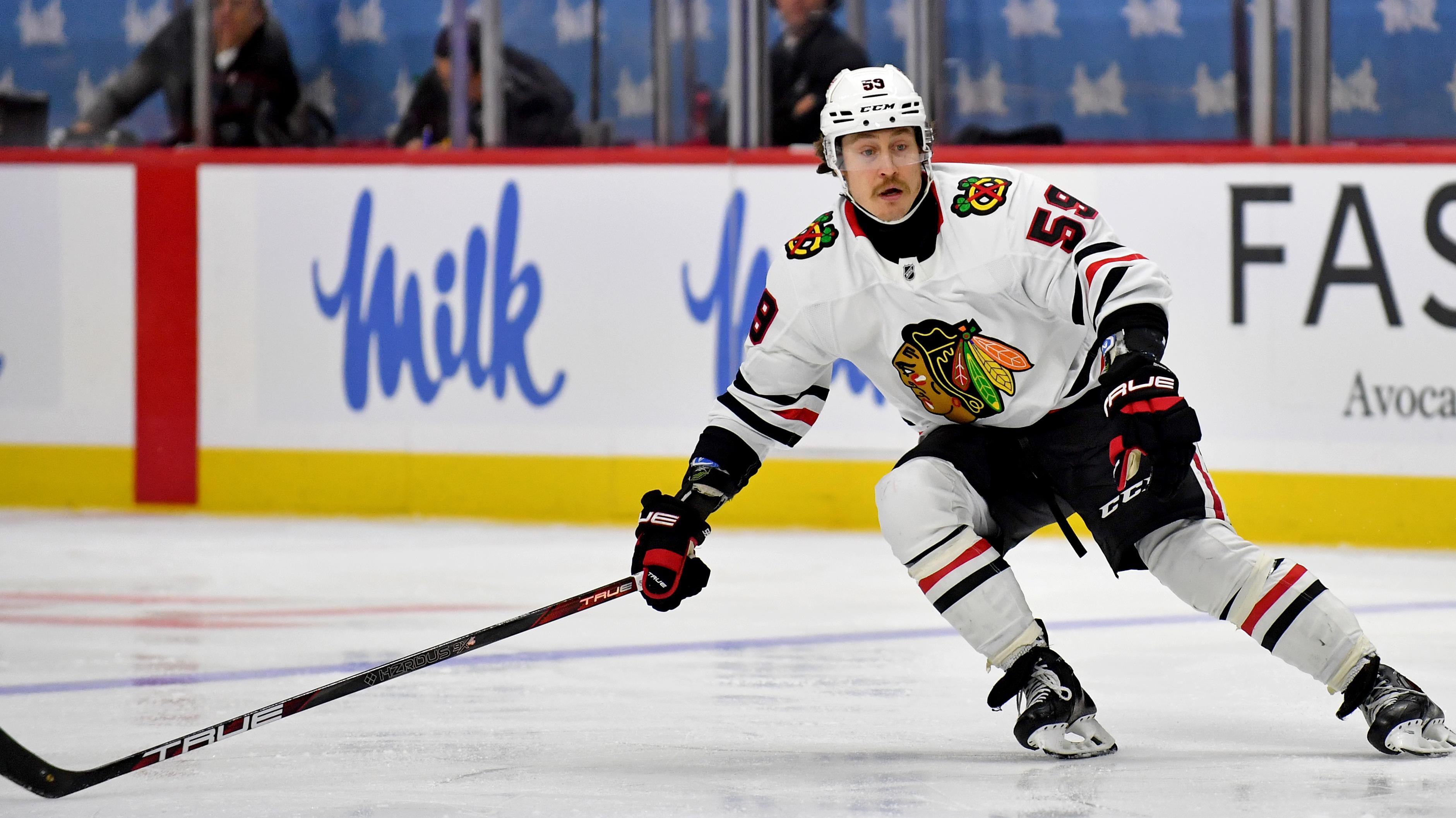
The Blachawks do not have many bad contracts because they have hardly any long-term contracts.
And they don't really have any big contracts.
There isn't a single player on this roster making more than $5.5 million against the salary cap, while only four players are signed beyond the 2028 season.
Bertuzzi's $5.5 million salary cap number for the next three years is a little much for a 30-year-old, 45-point player, so he gets the title here even if it's not a truly offensive or bad contract.
Colorado Avalanche: MacKenzie Blackwood
7 of 32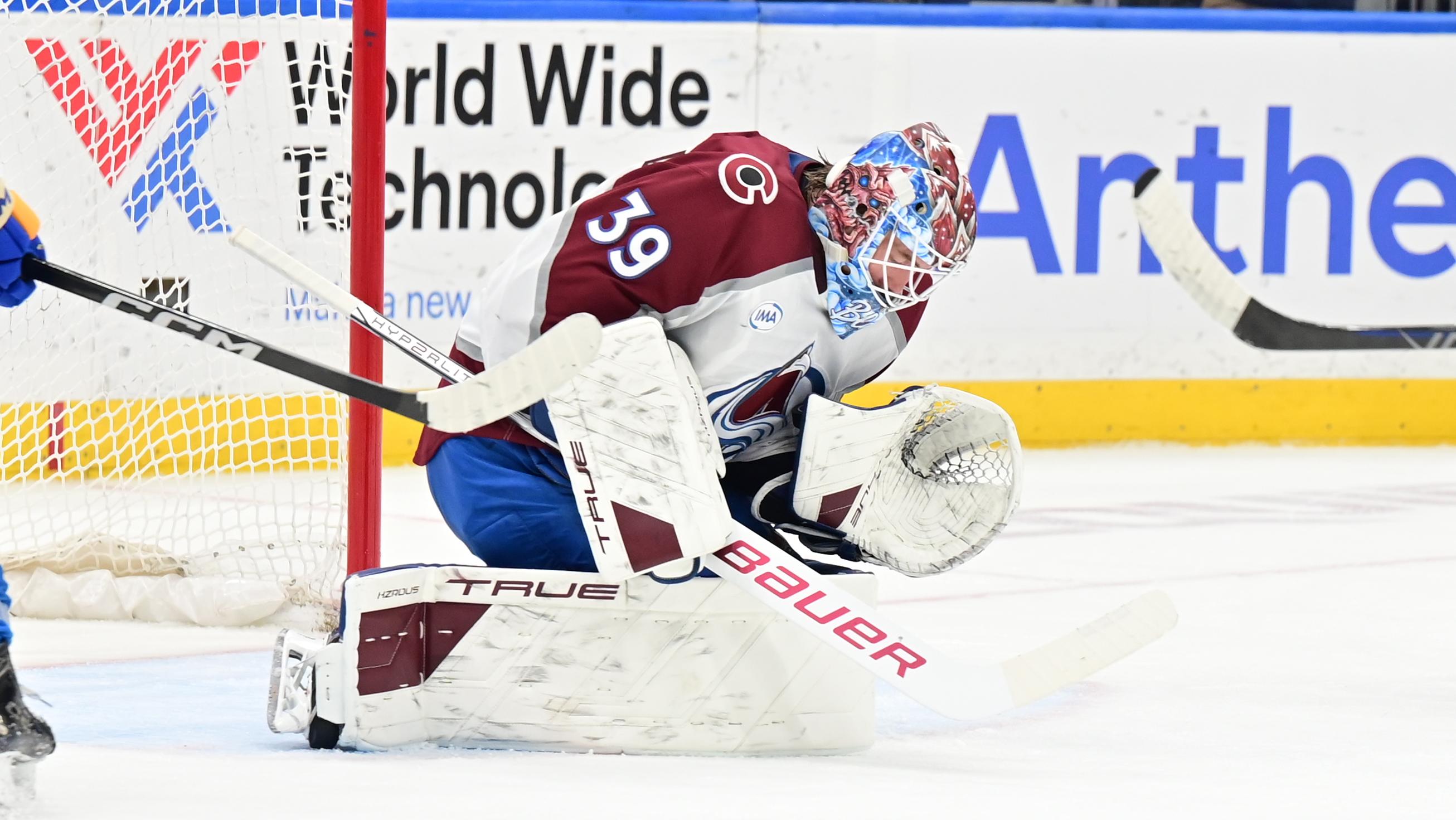
Generally speaking, I am always skeptical of the long-term goalie contracts in the $5-$6 million range. They rarely work out well, and they are usually handed out to goalies who are not truly elite players, but are just good enough to make their team want to stick with them out of fear that they will not find a better player.
Sometimes, they can find a better player if they just make an effort and are not afraid to take a chance.
If Blackwood repeats his 2024-25 performance, his $5.25 million salary cap number will be a fine value. However, there is no guarantee that he will repeat that. And based on his overall career performance, there is more reason to believe that he will not repeat it.
Columbus Blue Jackets: Ivan Provorov
8 of 32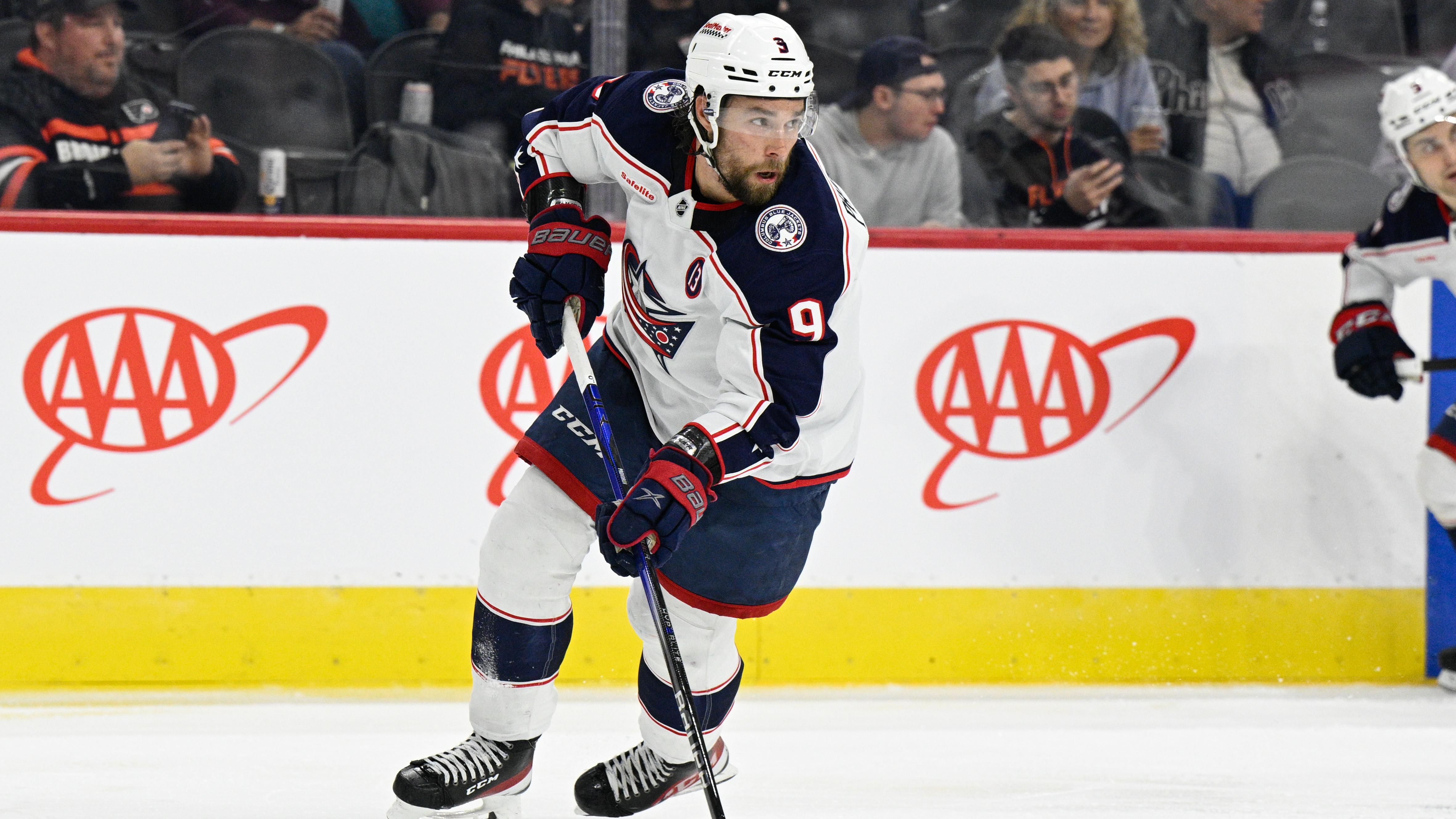
Provorov's seven-year, $59.5 million contract is one of those deals that you just know won't age well.
You had to know it wouldn't end well as soon as it was signed, especially since it didn't seem to be Columbus's priority this offseason.
After whiffing on a couple of big trade attempts, including their effort to acquire Noah Dobson from the New York Islanders, they turned their attention back to Provorov -- likely out of desperation -- and threw big money at him.
He plays a lot of minutes, but he does not always play them effectively, and now the Blue Jackets are paying him like a top-pairing defender for a very long time. They need him to actually play like one.
Dallas Stars: Tyler Seguin
9 of 32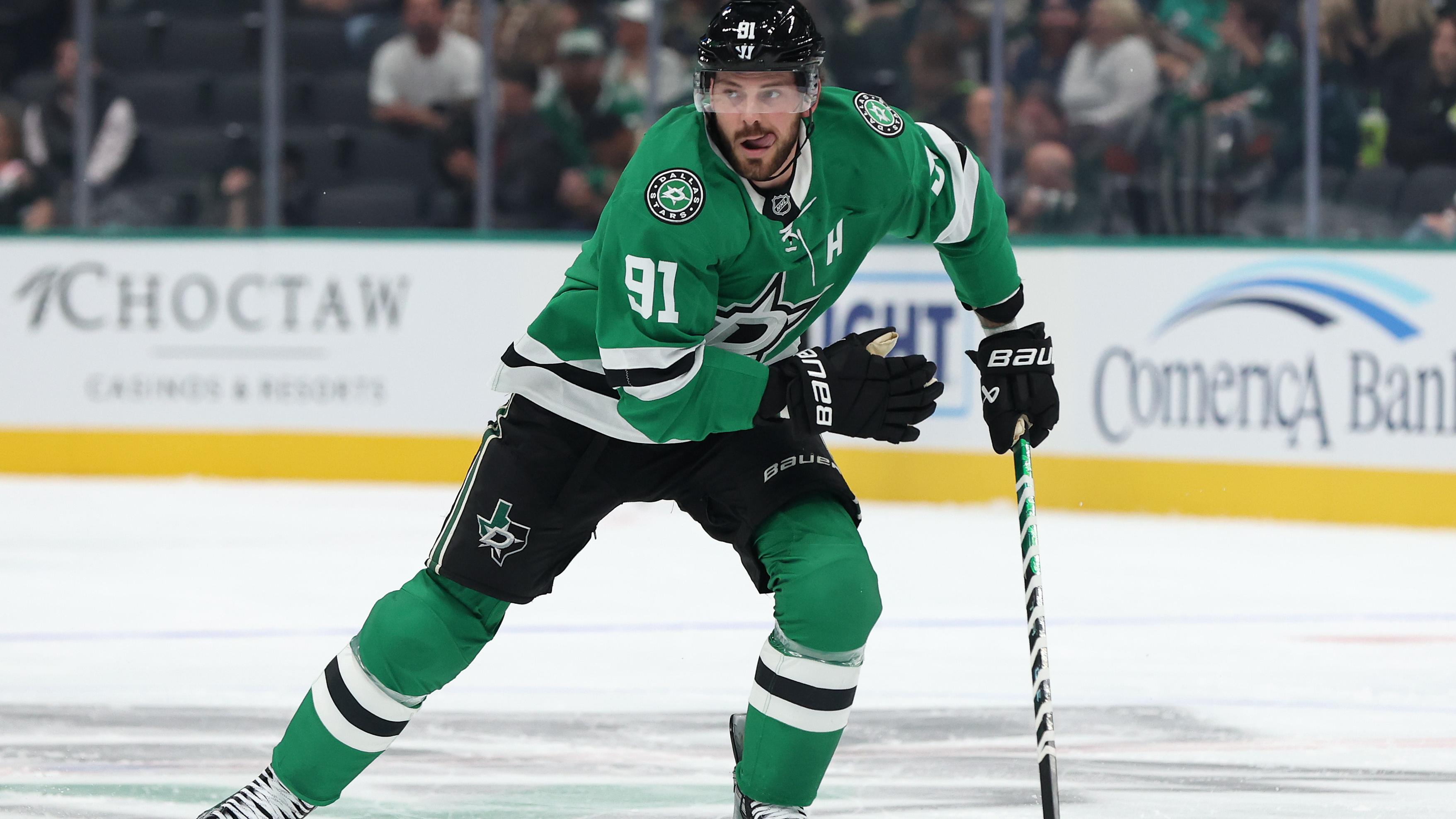
When Seguin initially signed his current eight-year, $78 million contract, he was still in the prime of his career and averaging nearly a point per game. He was fantastic and a core player for the Stars.
But Father Time has started to catch up to him, and while he is still a very useful player in the Stars' lineup, he is no longer one of their go-to players and has regressed down into the 50-point range.
Even with a rising cap, a $9 million salary for the player he is today is a little excessive for a Stanley Cup contender that needs every dollar it can get under the cap to keep going all in.
Detroit Red Wings: Ben Chiarot
10 of 32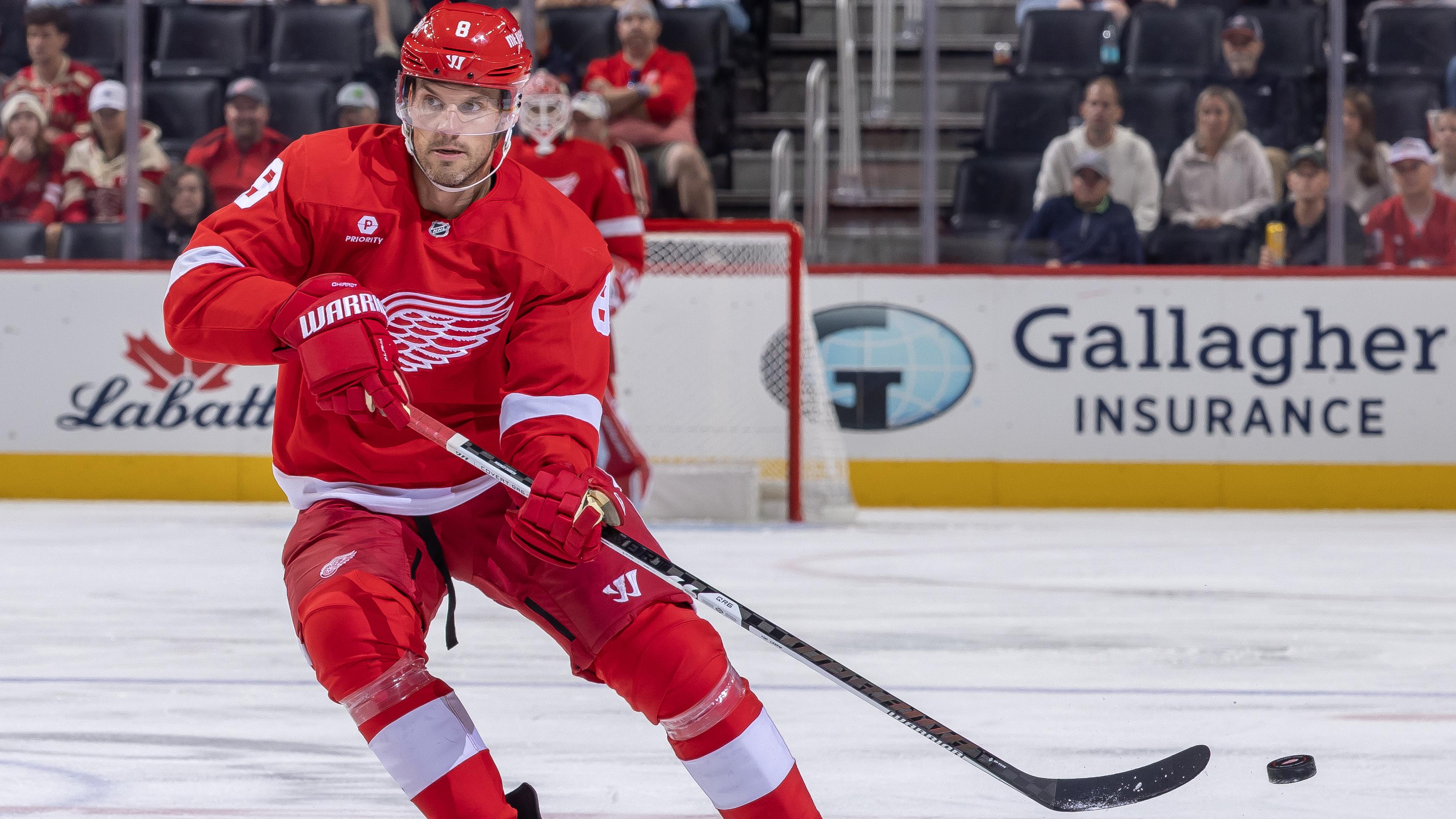
There are a lot of problems in Detroit, from a farm system that has underwhelmed a little to a team that isn't spending all the way to the cap (or even close to it), to the organization's lack of urgency in showing progress, to the fact that Steve Yzerman has not done a great job evaluating NHL talent.
Signing Ben Chiarot to a long-term contract that pays him over $4 million per season was one of those most glaring examples of that.
Teams have always had a soft spot for Chiarot due to his size and willingness to block shots, but he's just not a terribly effective player, and bad things tend to happen when he's on the ice. He's a third-pairing or seventh defenseman, but the Red Wings are not paying him (or playing him) as such.
Edmonton Oilers: Darnell Nurse
11 of 32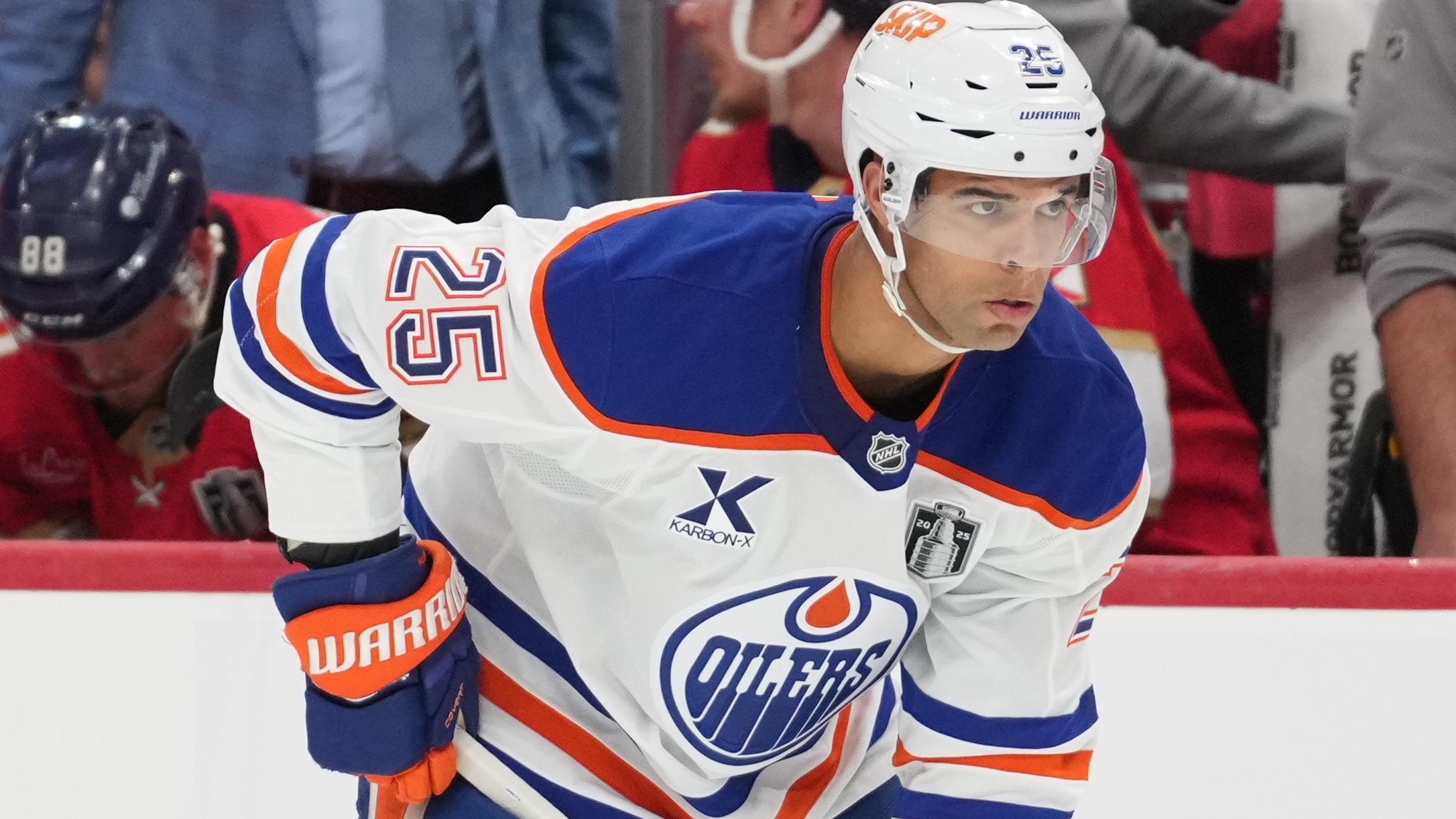
Nurse had a breakout year in 2020-21 and used that to secure a massive eight-year, $74 million contract extension in the hopes that he would continue to develop into one of the NHL's elite top-pairing defenders.
It has not happened, and now the Oilers are kind of stuck with this contract for the next five years.
While Nurse might not be a complete liability or unplayable, it's tough to justify a $9 million salary for his play, especially when the Oilers are constantly in a salary cap crunch as a top-tier Stanley Cup contender.
Ideally, he would be more of a $5 or $6 million player, which might not seem like a huge change, but an extra $3 or $4 million under the cap would be a game-changer for a Stanley Cup contender.
Florida Panthers: Brad Marchand
12 of 32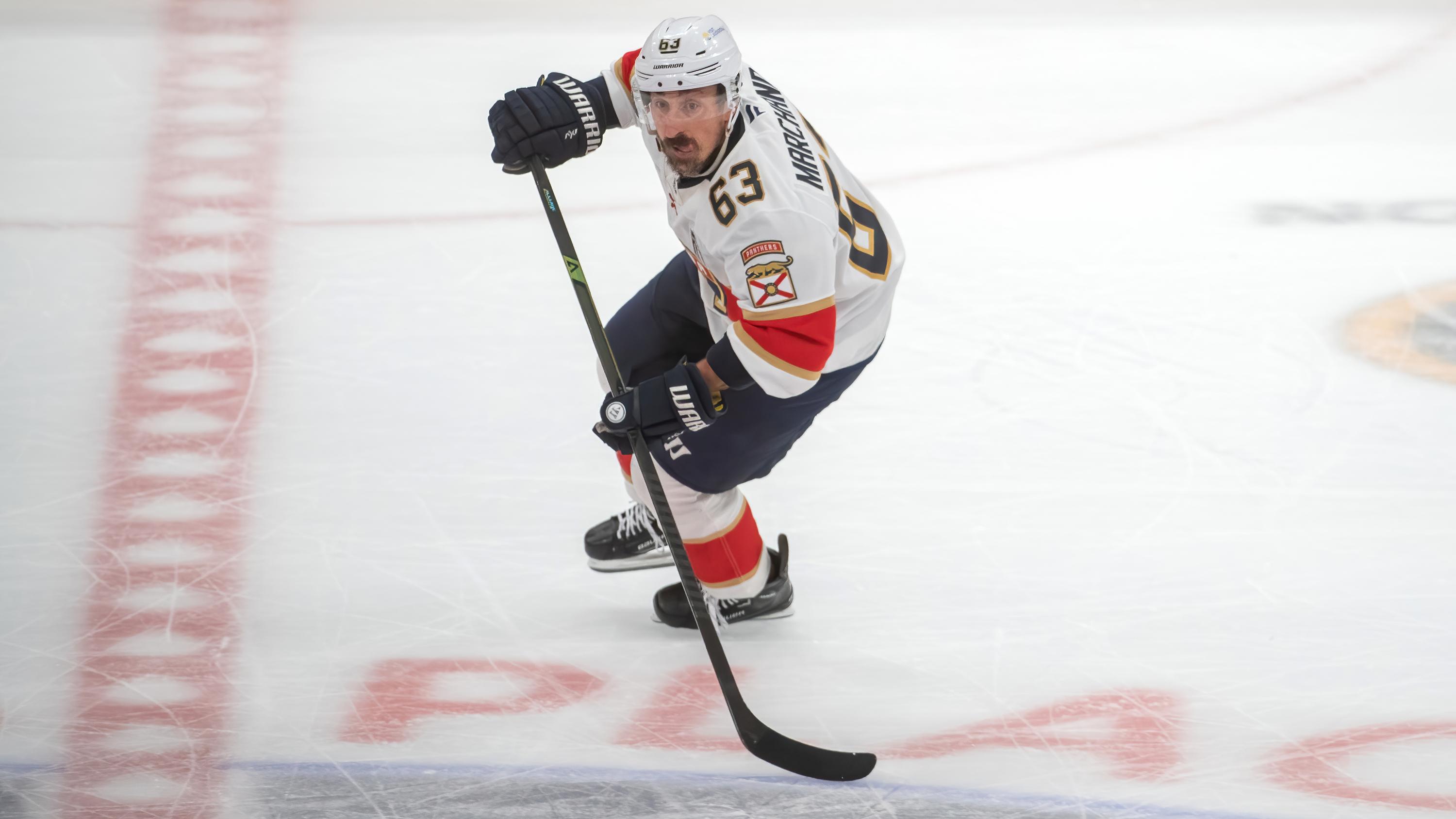
This might be a controversial pick for the Panthers because, in the short term, and certainly for the 2025-26 season, his $5.25 million salary cap number is probably an outstanding deal. He is still a really good player and also a fantastic fit for the Panthers and their style of play. Keeping him for their title defense was a huge win.
My concern with this deal is more of a long-term concern.
Marchand will be 37 years old this season, has already shown some signs of decreased production (as most players in their late 30s experience), and is now signed for five years. That takes him through his age 41 season.
Is he still going to be the same effective player in his 40s? Or even at 39?
It's a long-term risk.
Short-term win. Long-term risk.
Los Angeles Kings: Cody Ceci
13 of 32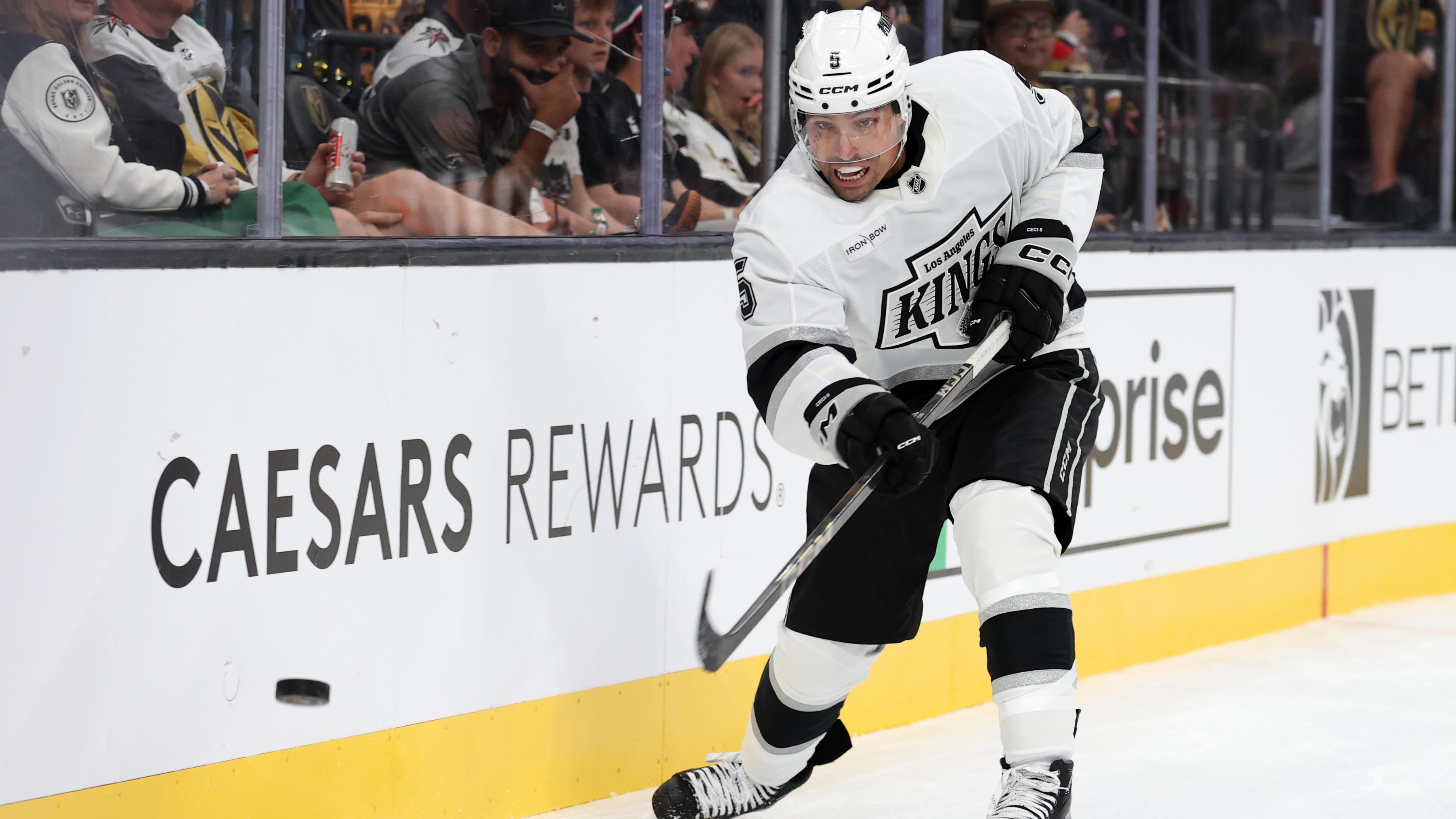
I really don't understand what was happening with the Los Angeles Kings' front office this season.
Letting Vladislav Gavrikov walk and giving away Jordan Spence just so you could replace them with Cody Ceci and Brian Dumoulin on long-term deals is some serious roster mismanagement on paper. Especially when Ceci and Dumoulin are both making more than $4 million per season and are going to have to play far bigger roles than they should.
In both cases, you're either going to be dramatically overpaying third-pairing defenders or playing these guys too many minutes in too big a role.
Either way, it's not good, and weakens what has been the team's biggest strength -- its defense.
Ceci's contract carries a slightly larger salary cap hit over more years, so he gets the title of worst contract on the Kings for now.
Minnesota Wild: Ryan Hartman
14 of 32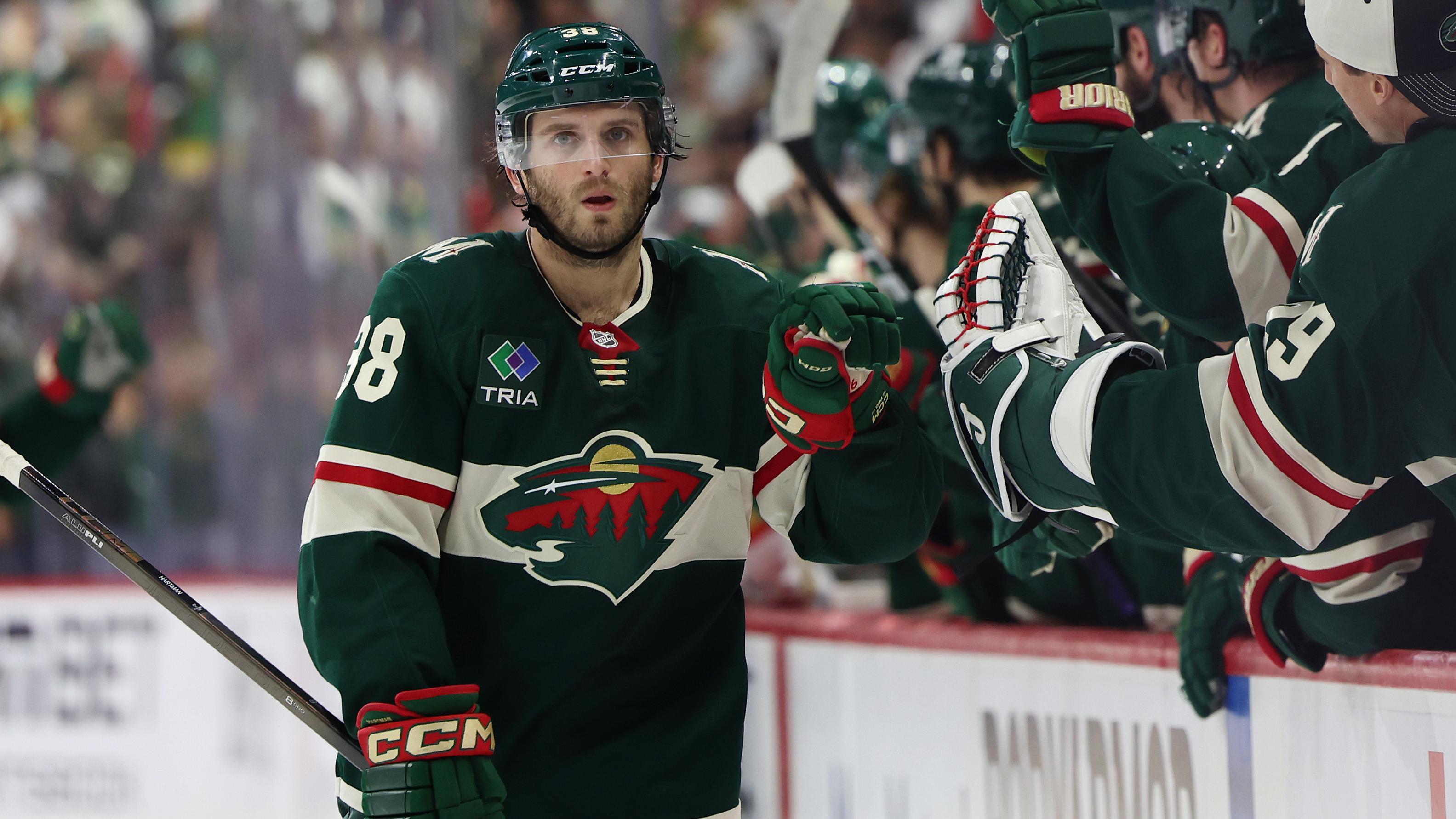
Hartman had a 34-goal season a few years ago, but has never come close to duplicating that level of production again in his career. He's a solid depth player, but one who also tends to get himself into penalty trouble and often toes the line between what's clean and what's not. Teams like players that play on the edge, but there's a risk with that.
His $4 million cap hit through the end of the 2026-27 season isn't an egregious overpay, but it's probably one of the worst value contracts on the Wild roster, especially now that the worst of the Ryan Suter and Zach Parise buyouts are behind them.
Montreal Canadiens: Josh Anderson
15 of 32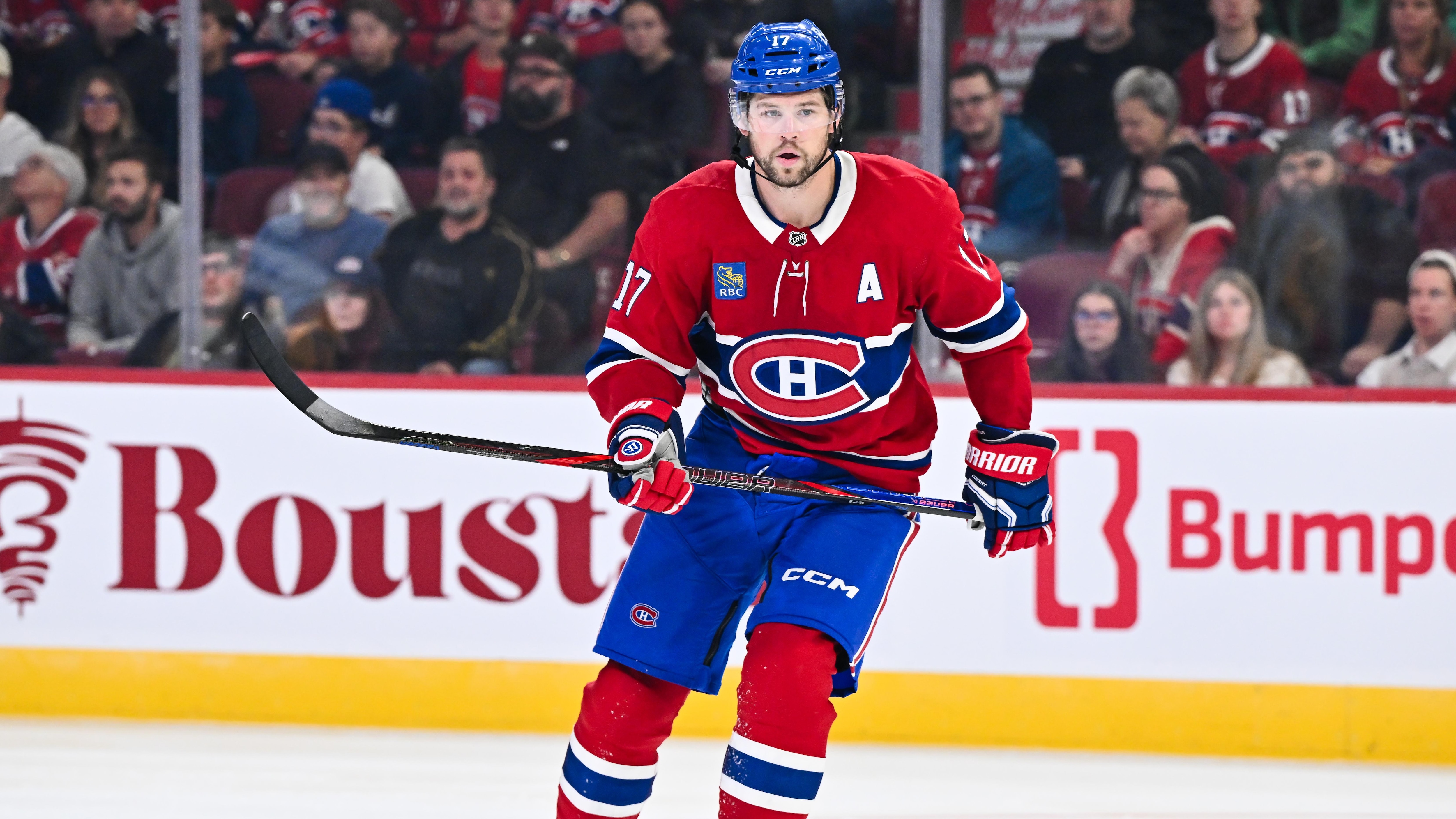
Anderson's seven-year, $38.5 million contract was a significant risk from the moment the Canadiens signed it.
He was coming off an injury-plagued season that saw him score just one goal, and there was some doubt as to whether he would ever fully recover to the player he had shown early in his career. And even if he did, was that really the player you needed to invest a seven-year contract in if you are the Canadiens?
The answer to this point has been ... no.
He averages 19 goals and 30 points per 82 games and is a big, physical presence on the ice, but it hasn't been the investment the Canadiens hoped it would be.
Nashville Predators: Juuse Saros
16 of 32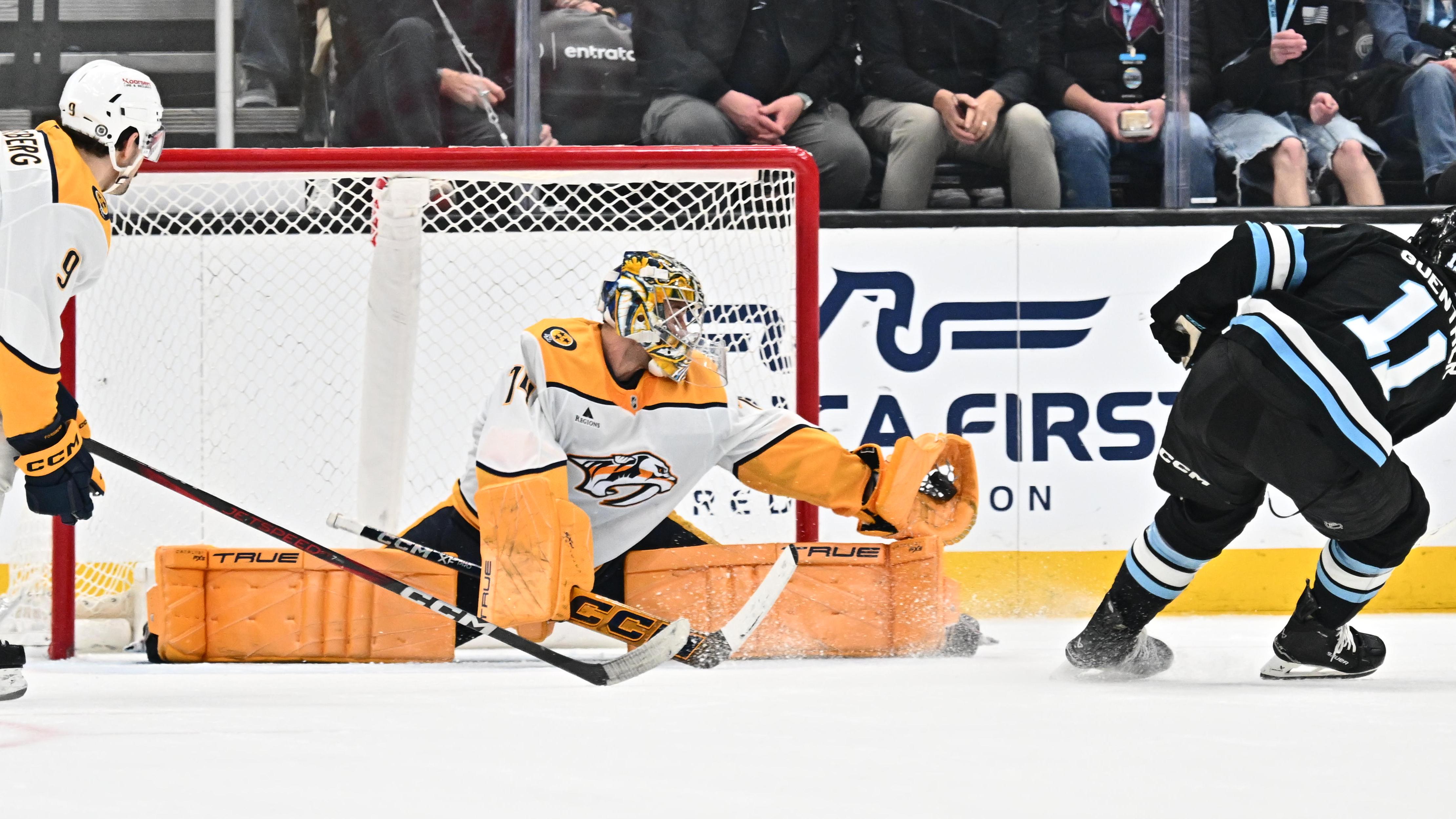
There are a lot of directions you can go with here for the Predators, especially after the past couple of offseasons.
Right now, Saros gets the call because his past two years have been a fraction of what he was at his peak, where he's giving the Predators below-average goaltending (and in 2024-25, just plain bad goaltending) for a $7 million salary cap number. That contract runs through the end of the 2033 season.
Do you think the Predators have some buyer's remorse on the offseason that saw them trade Yaroslav Askarov and re-sign Saros? Especially given how the team has hit a plateau of mediocrity? They might. They probably should.
New Jersey Devils: Ondrej Palat
17 of 32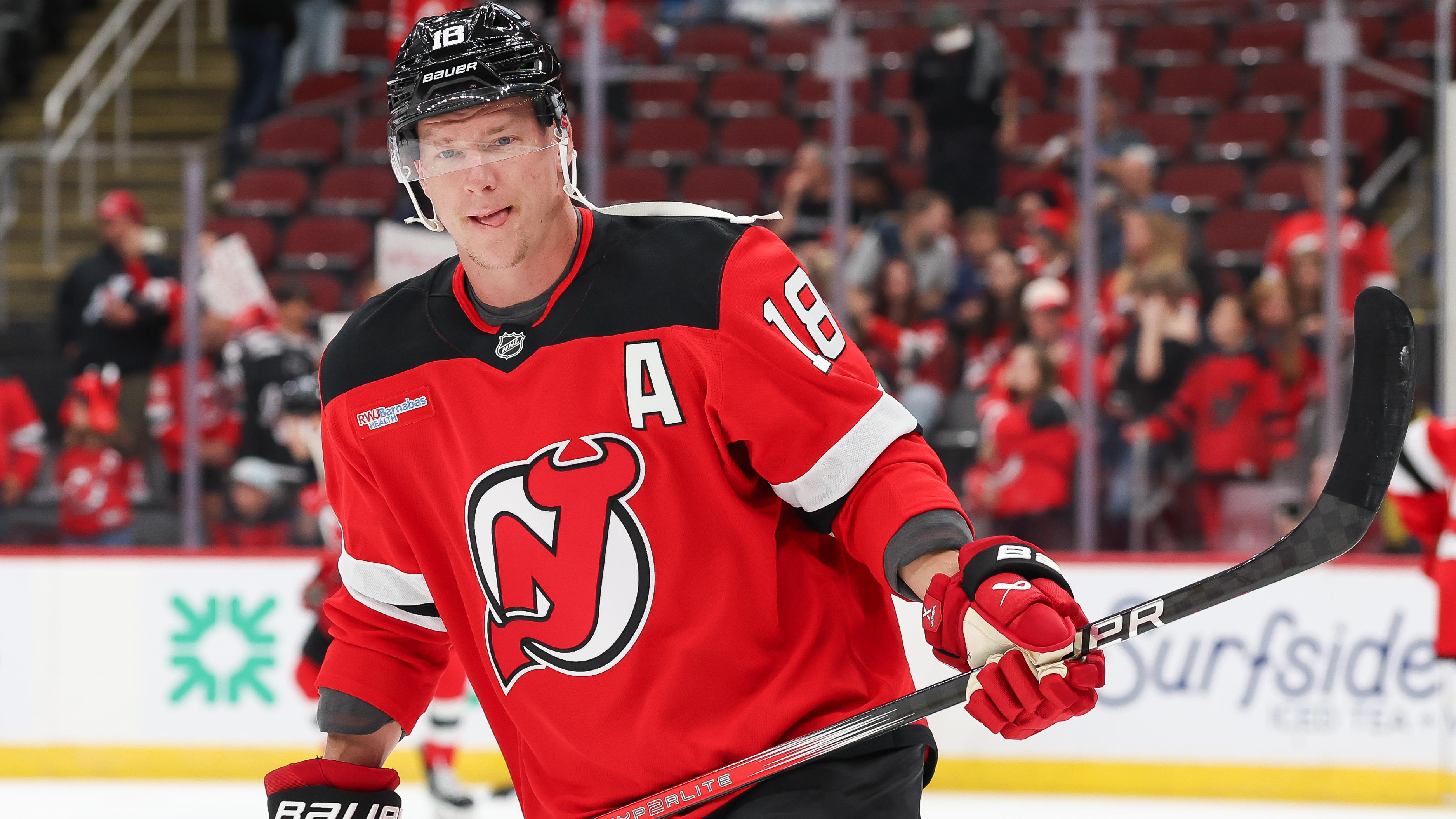
The Devils signed Palat before the start of the 2022-23 season, hoping he could become a key part of a Stanley Cup contender, bringing championship experience and strong middle-six production to the lineup.
However, injuries, age, and overall ineffectiveness have significantly limited his production, as he has provided the Devils with just 34 goals and 82 total points in 197 regular-season games. That comes out to just 14 goals and 34 total points per 82 games on average.
In terms of actual production, he's given the Devils more than 30 points just one time (31). That's not enough for $6 million per season against the salary cap for another two years.
New York Islanders: Adam Pelech
18 of 32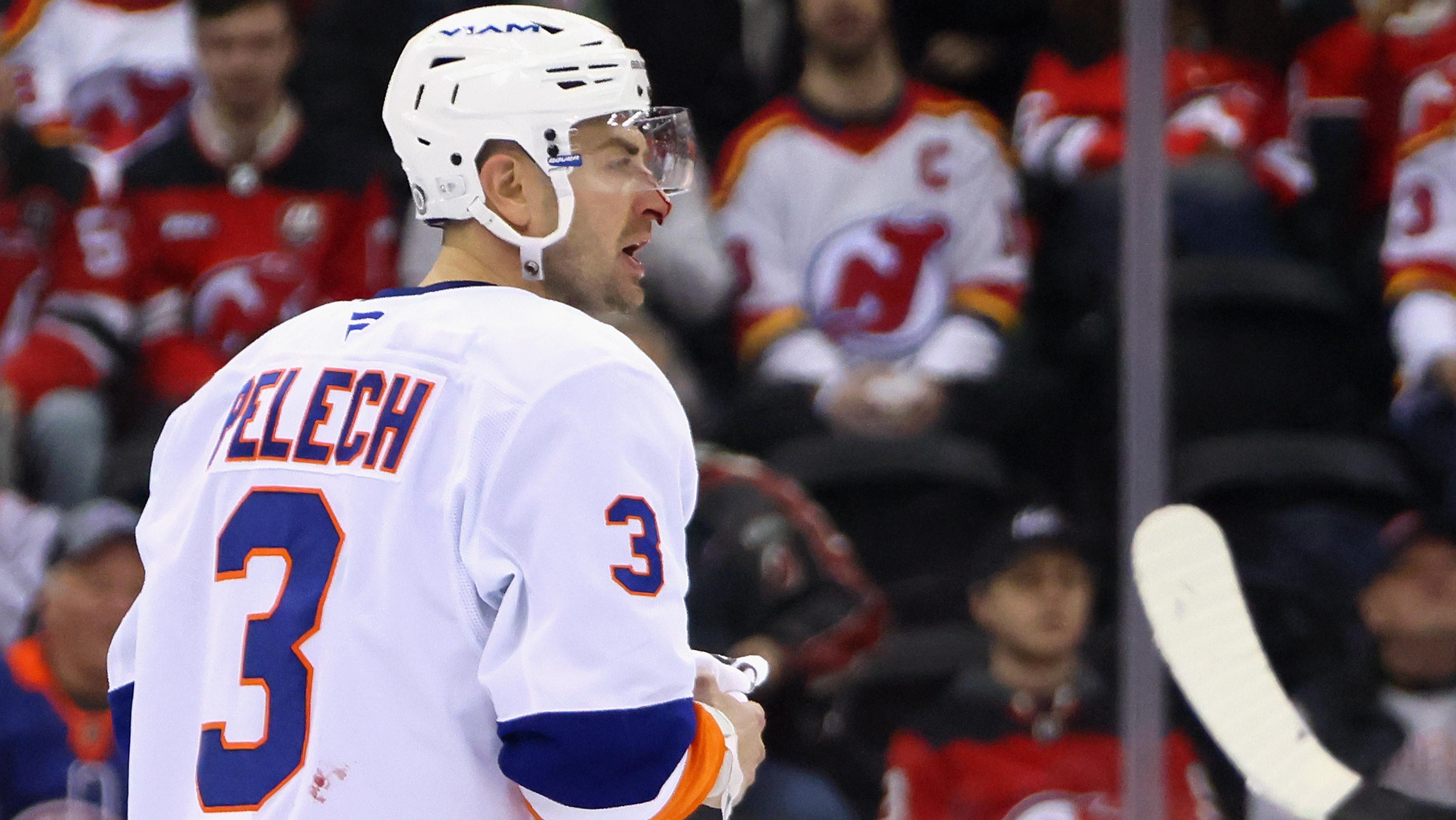
Pelech has been a tremendous Islander, and there was a stretch in the late 2010s and early 2020s where he and Ryan Pulock were not only one of the NHL's most underrated defensive duos, but also one of the NHL's best. They helped the Islanders reach the threshold of the Stanley Cup Final on two separate occasions and were tremendously gritty, rock-solid players.
However, over the past few years, injuries and general decline have significantly limited Pelech's effectiveness, to the point where his $5.75 million salary cap number for the next four years may become problematic.
Maybe he stays healthy and sees a resurgence in his career, but the past few years have been tough.
New York Rangers: Mika Zibanejad
19 of 32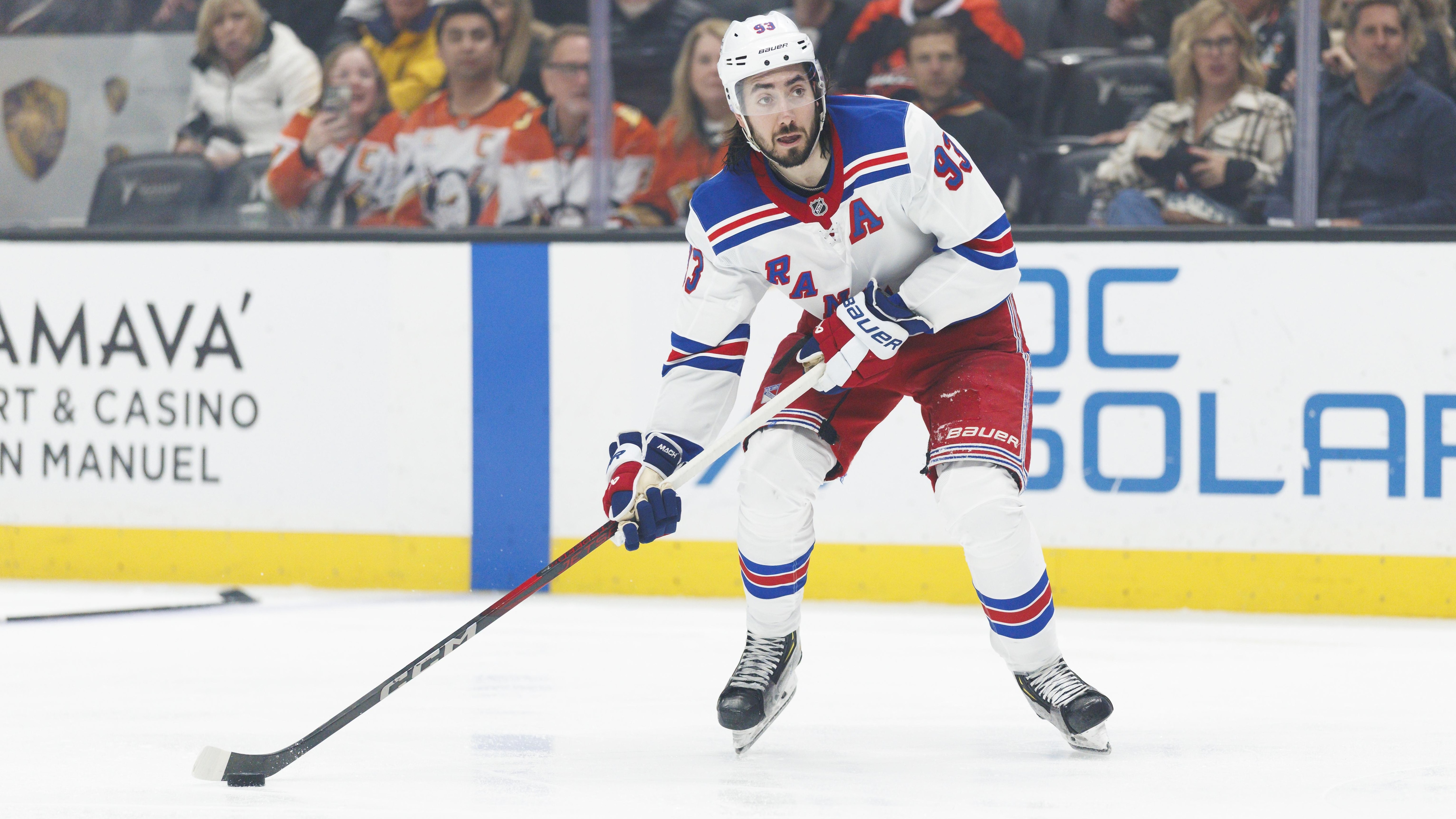
The Rangers have jettisoned some of their bad contracts over the past year and a half, but a few still remain, and a few more have been added.
It's a vicious cycle.
Zibanejad's contract is one of the potentially problematic holdovers. He has been miscast as a No. 1 center, while his 5-on-5 production has at times been completely non-existent. His $8.5 million salary cap number for the next few years could be especially problematic now that he is entering his late 30s.
He has already dropped from 91 to 72 and then to 62 points over the past three years. How much further will that go in the coming seasons?
Ottawa Senators: Dylan Cozens
20 of 32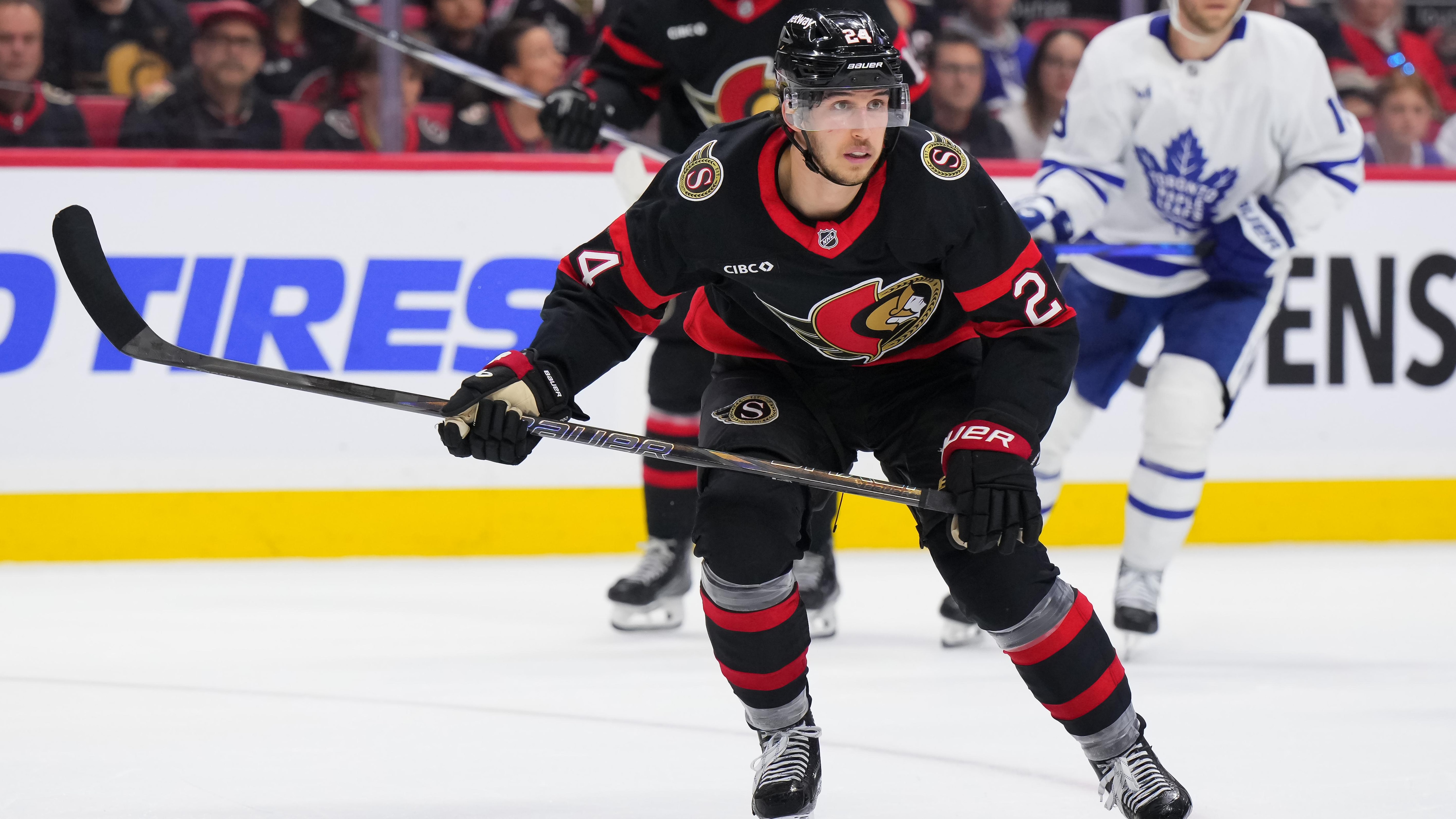
The thing about Cozens is that I could easily envision a scenario in which he changes the narrative on himself and his contract. He is still only 24 years old and is away from the shackles of mediocrity that are the Buffalo Sabres. He wouldn't be the first player to escape that organization and reach their full potential after getting a fresh start on a better team.
But for right now, he's just a $7 million per year player that has had one big year and a bunch of okay years.
There's potential here. But it's still just that -- potential.
Philadelphia Flyers: Sean Couturier
21 of 32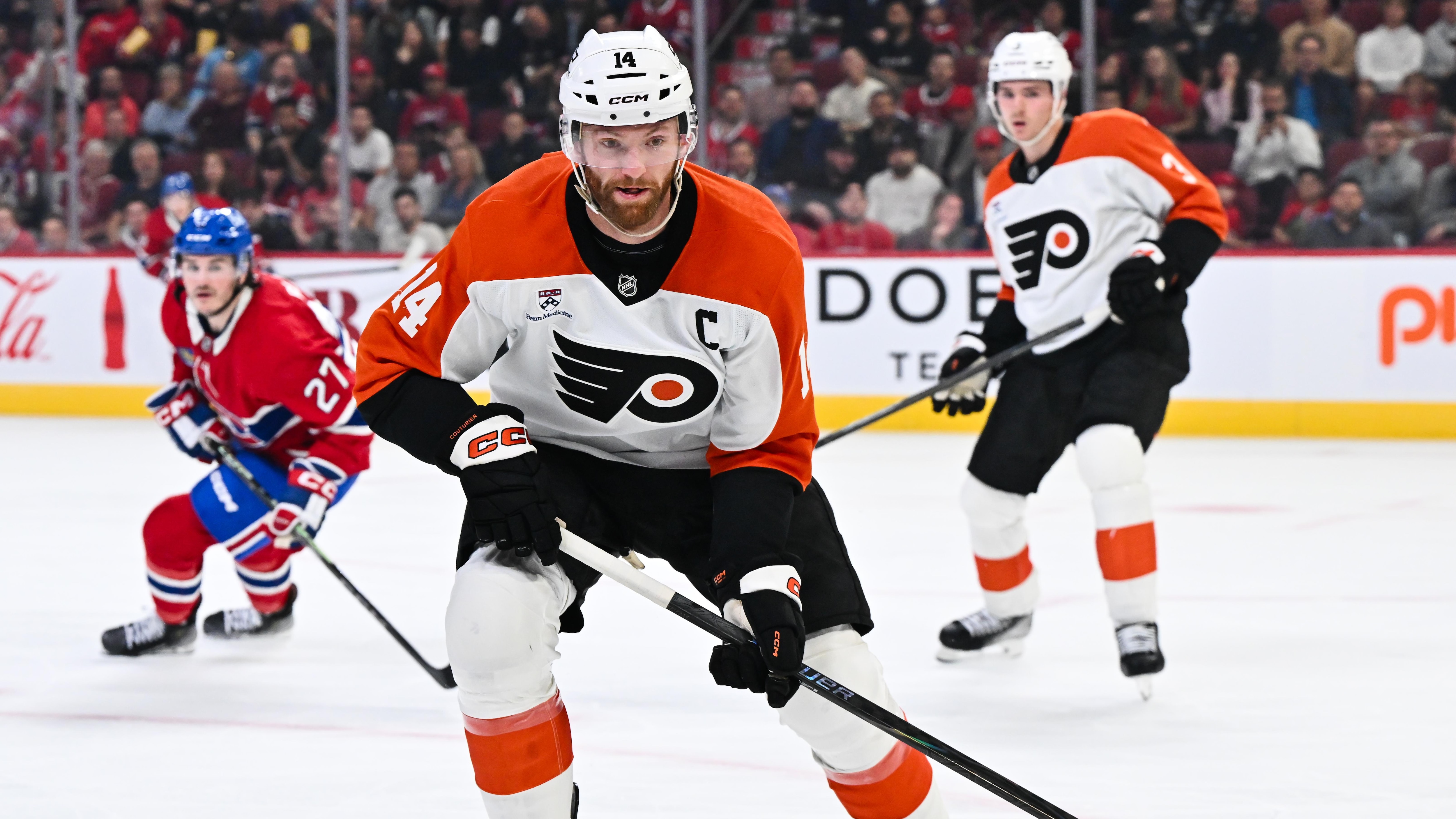
Sometimes good ideas and good contracts just don't work out, and it's not really anybody's fault. That's kind of what happened with the Flyers and Couturier.
When he signed his eight-year, $62 million contract with the Flyers in August 2021, he was still 28 years old and the best overall player on the Flyers' roster. An elite defensive presence that had also turned himself into a near point-per-game player offensively. You're going to re-sign that player long-term, aren't you?
Since then, injuries have not only robbed him of playing time but also significantly reduced his effectiveness. Now that he's entering his mid-30s, he's no longer the shutdown defensive presence he was at his peak, and his offense has dropped into the 40-point range.
He still has five years remaining on his contract, with $7.75 million against the salary cap per season.
Pittsburgh Penguins: Ryan Graves
22 of 32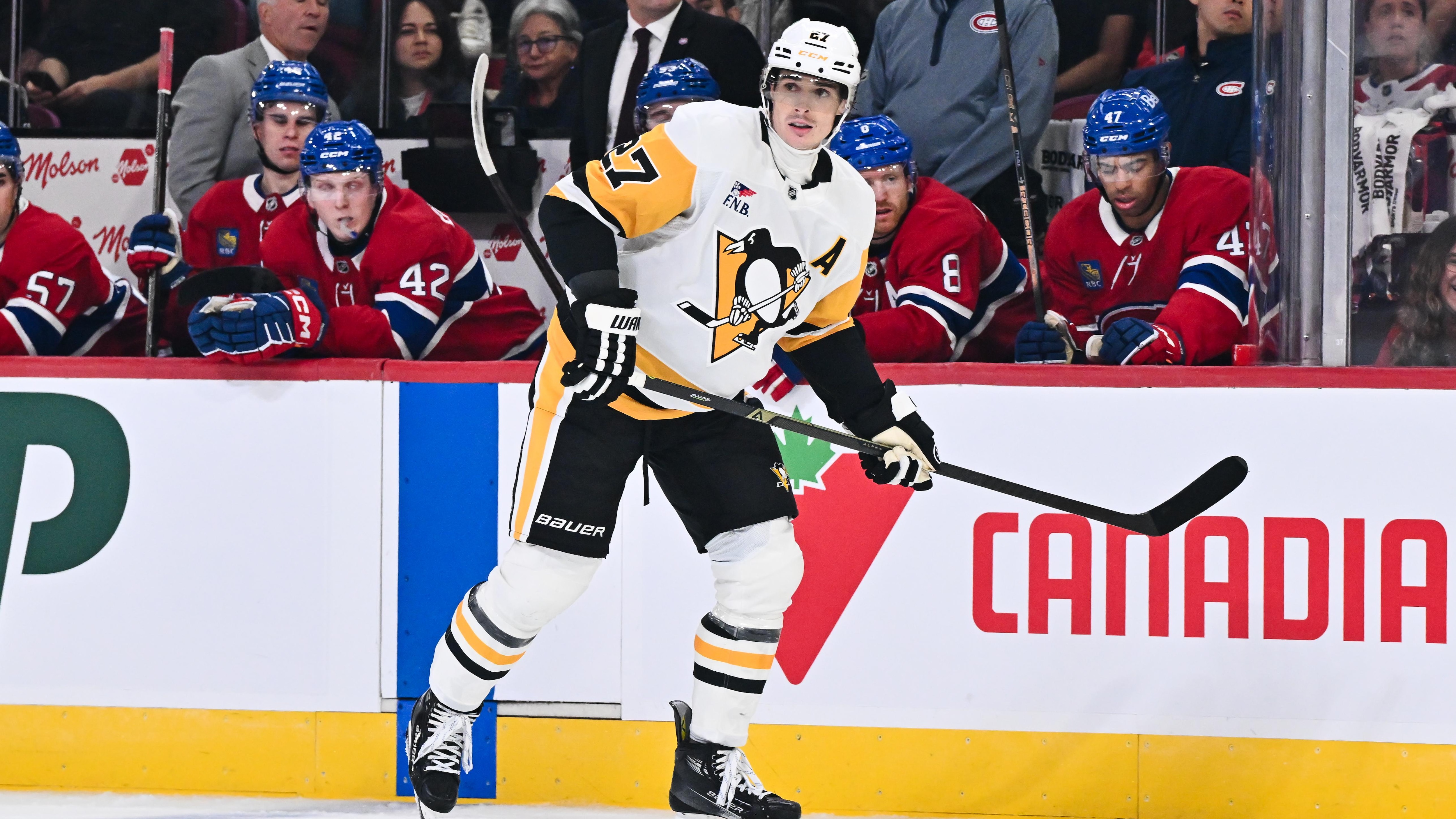
There are a couple of contenders on the Penguins for this title, including starting goalie Tristan Jarry and defenseman Erik Karlsson.
But for all of Karlsson's flaws, he can at least still produce offensively.
Jarry has failed them in every big moment he has played, and has been consistently inconsistent, but he has had flashes of All-Star-level play.
Graves offers neither level of upside, and it was a head-scratching contract the minute it was signed. At $4.5 million for another four years, it's a contract that is going to be nearly impossible to move, while he may not even have a regular spot in the lineup this season. Just a big swing and a miss from general manager Kyle Dubas in his first offseason in Pittsburgh.
San Jose Sharks: Barclay Goodrow
23 of 32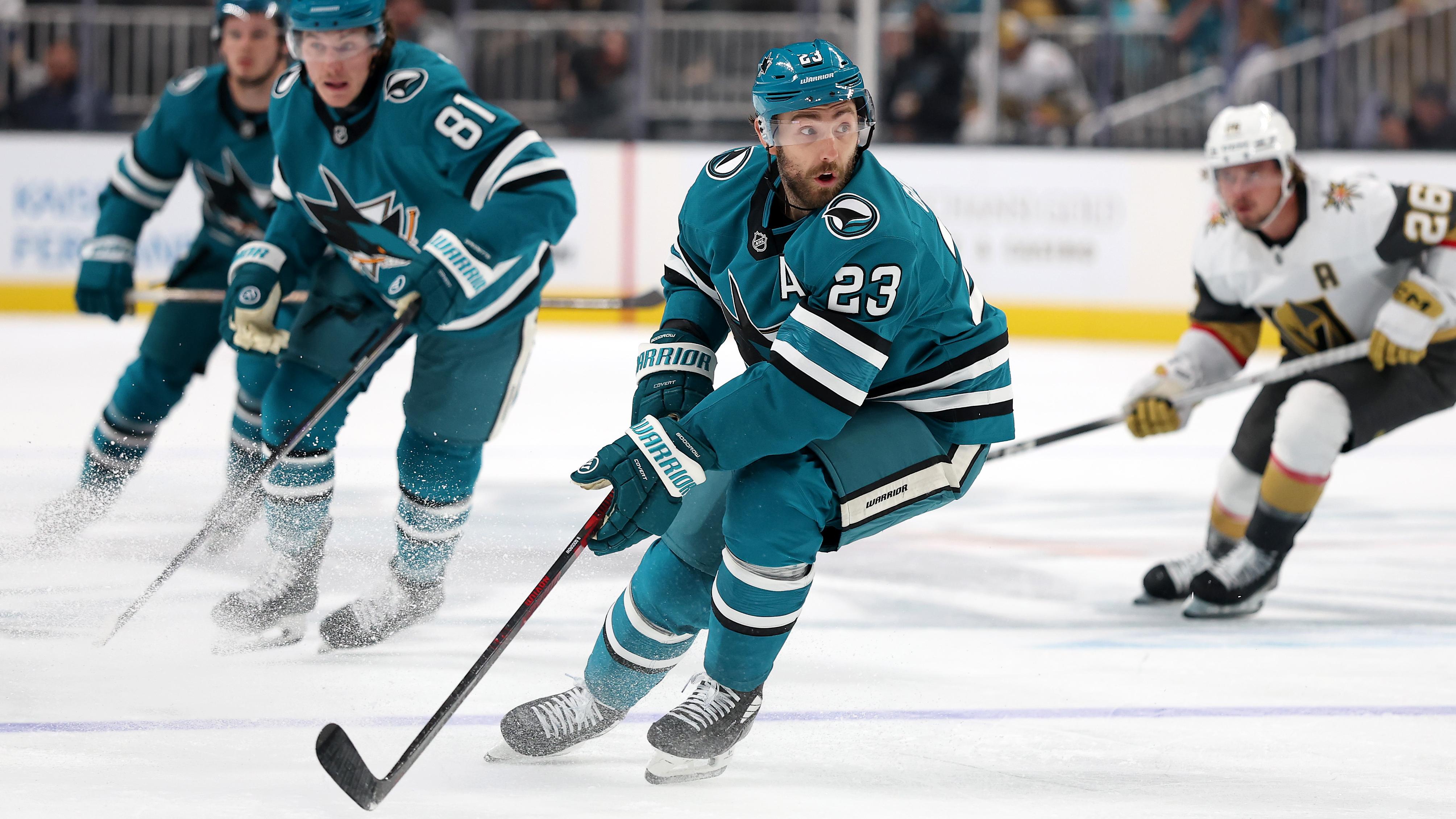
The Sharks are in a nearly identical situation to the Chicago Blackhawks.
A rebuilding team with one young superstar, a mostly bad roster around him, and no real, truly bad contracts simply because they do not have a lot of contracts. Nobody on this team is signed long-term or for a lot of money.
The closest thing they have to a bad contract is Goodrow, who is making $3.6 million per season for the next two years. But given the Sharks' roster and salary cap situation, it's not really hurting anything.
Seattle Kraken: Chandler Stephenson
24 of 32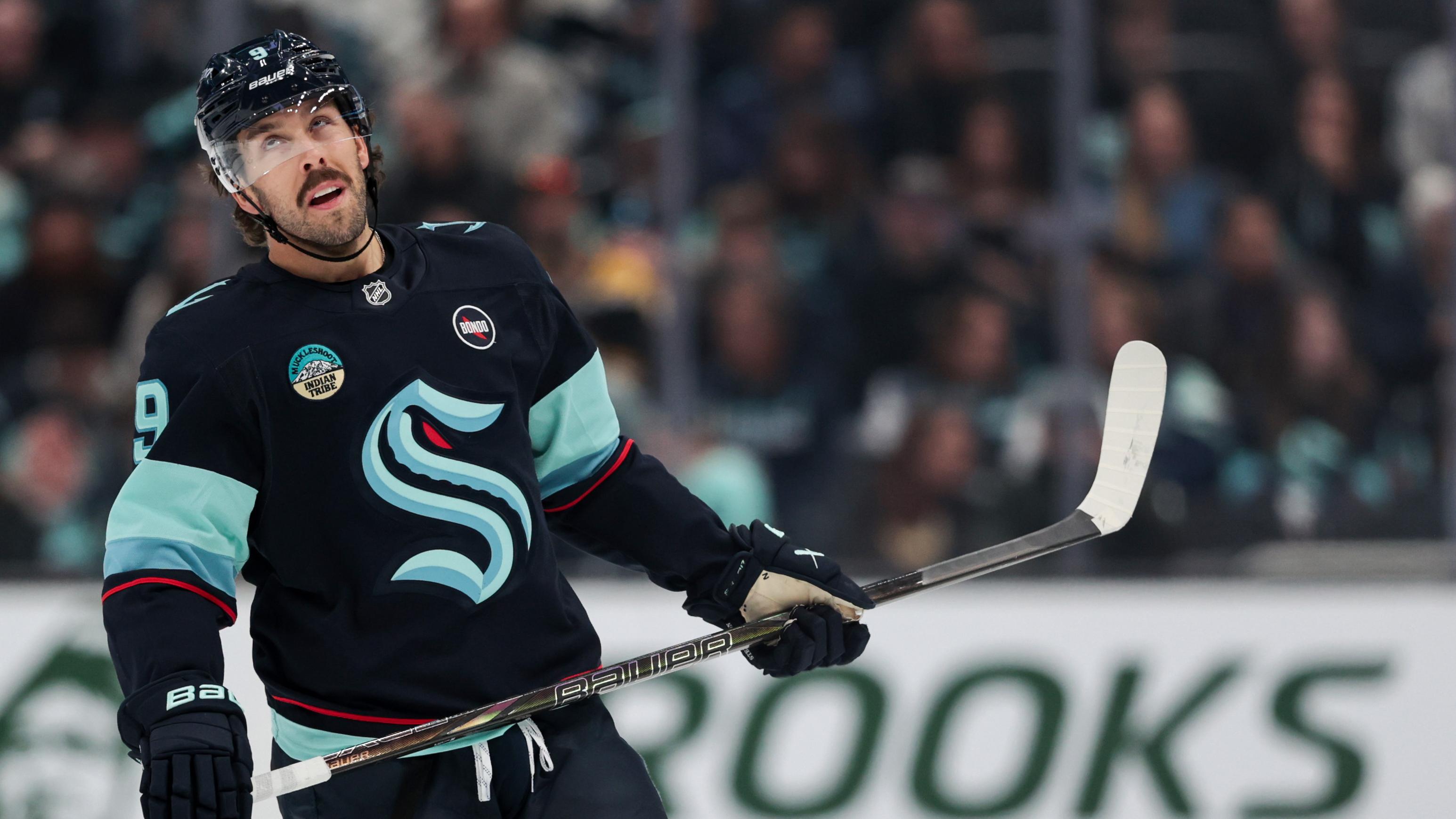
There has not really been anything about the Kraken's roster construction that has made much sense since day one, and Stephenson's contract in the summer of 2024 was the cherry on top of that misguided sundae.
Even at his peak, he was never truly a top-line player, and when Seattle signed him to a seven-year, $43 million contract in free agency, he was already showing signs of slowing down, having turned 30 years old by the time the contract began.
This is one of those contracts that everybody knew would become a problem right away.
It has been. It will continue to be. It perfectly illustrates the haphazard construction of this roster.
St. Louis Blues: Justin Faulk
25 of 32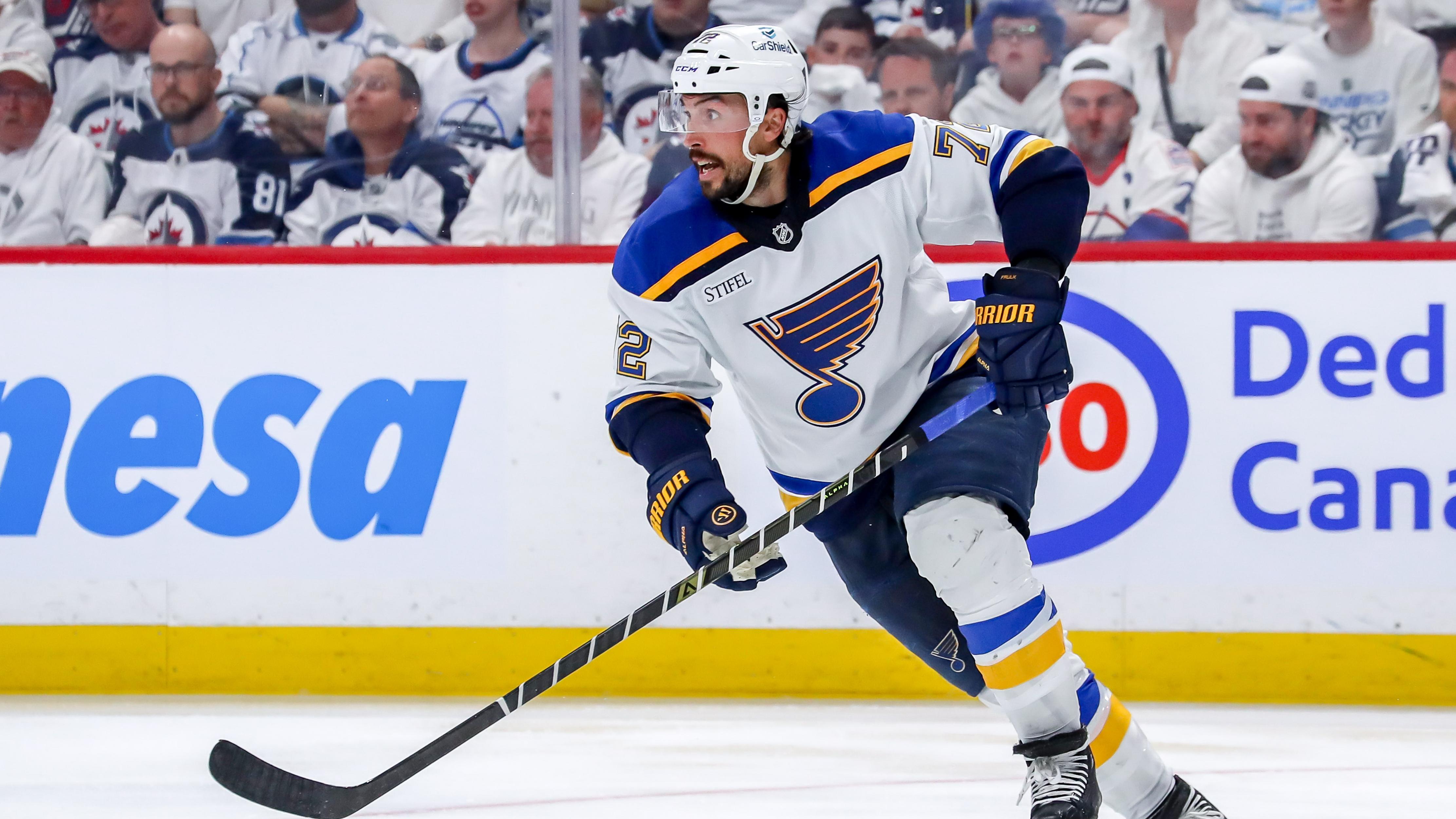
Faulk's seven-year contract extension hasn't aged as the Blues had hoped it would following his acquisition a few years ago.
There was hope he could be a focal point of their defense, and while he still gets top-pairing minutes, he has not always been very effective in them. It's a contract the Blues would probably like to move on from, but finding a taker for his $6.5 million cap hit over the next two years is easier said than done.
For a while, it looked like Colton Parayko would own this title for the Blues, but his game has shown improvement in recent years.
The Blues can only hope they see a similar bounce back from Faulk.
Tampa Bay Lightning: Nick Paul
26 of 32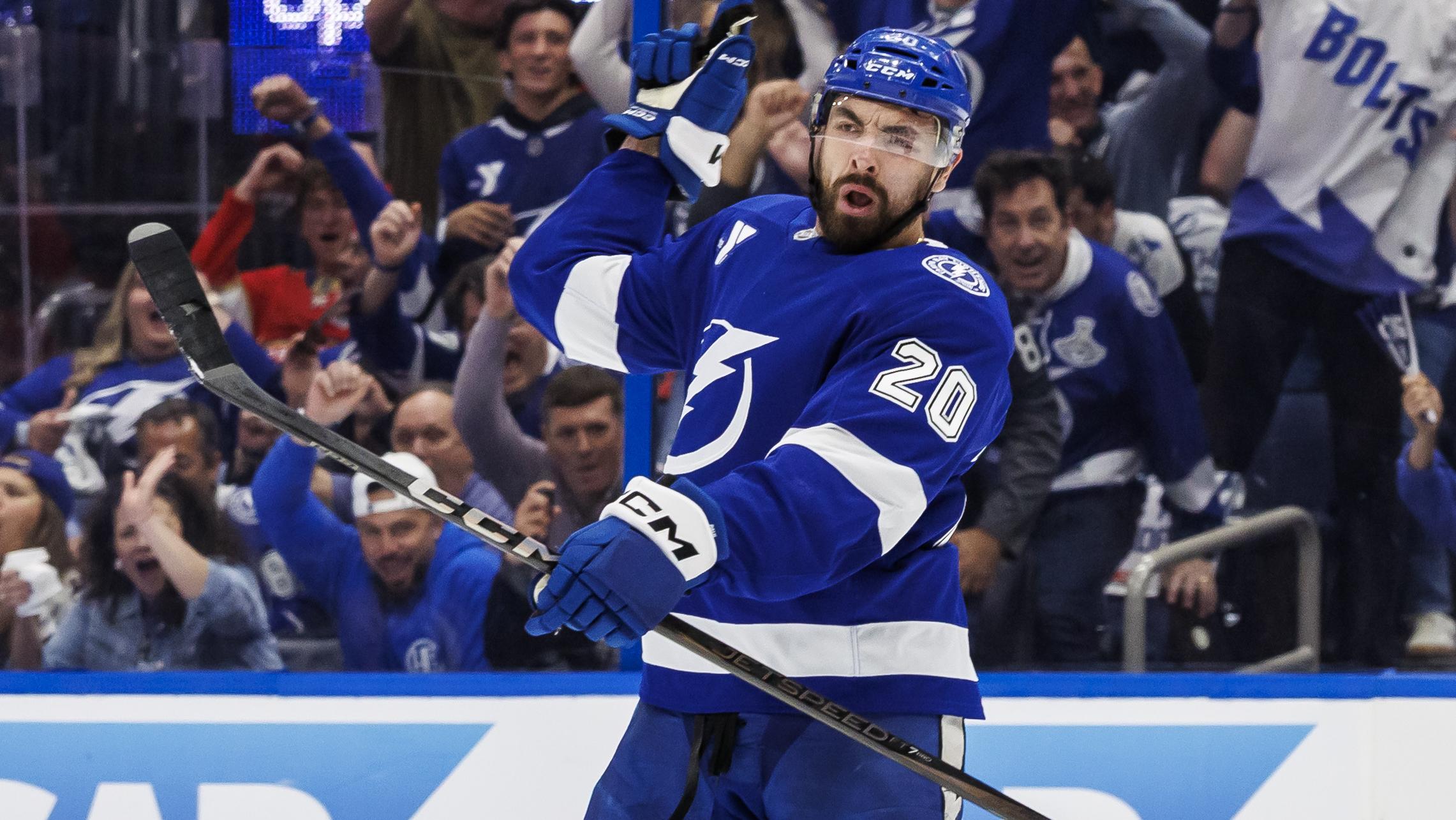
Paul is expected to be sidelined for the first couple of months of the 2025-26 season following surgery. When healthy, he is an effective enough depth player who can contribute 20 goals.
He only counts $3.1 million against the salary cap, which is not an egregious contract by any means. However, Tampa Bay's insistence and determination to get him signed to a seven-year contract were a bit excessive, given the tight salary cap constraints they always face as a contender.
That's a lot of term for a depth player approaching his 30s. It just seemed unnecessary and one that could have been avoided.
Toronto Maple Leafs: Max Domi
27 of 32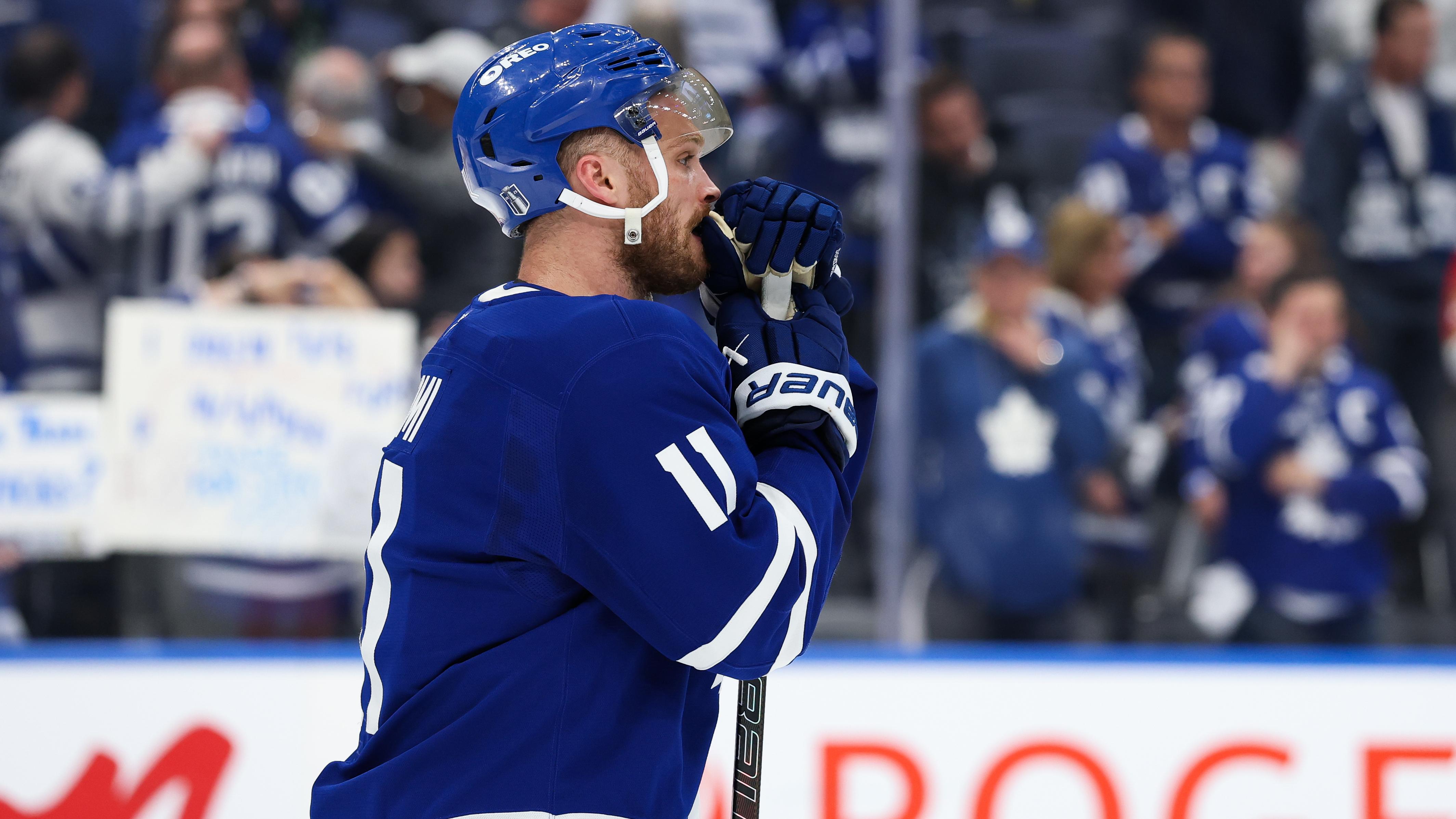
Toronto's biggest issue every postseason is that they simply cannot score enough goals in crunch time of the playoffs.
Their superstars go cold, and their depth is never good enough to help make up for that and pick up the slack. So that makes $3.75 million over the next three years to a guy who's scored 17 goals over the past two seasons seem like a little much, especially when he isn't a great two-way player and doesn't impact the game much away from the puck or drive possession on his own.
Utah Mammoth: Lawson Crouse
28 of 32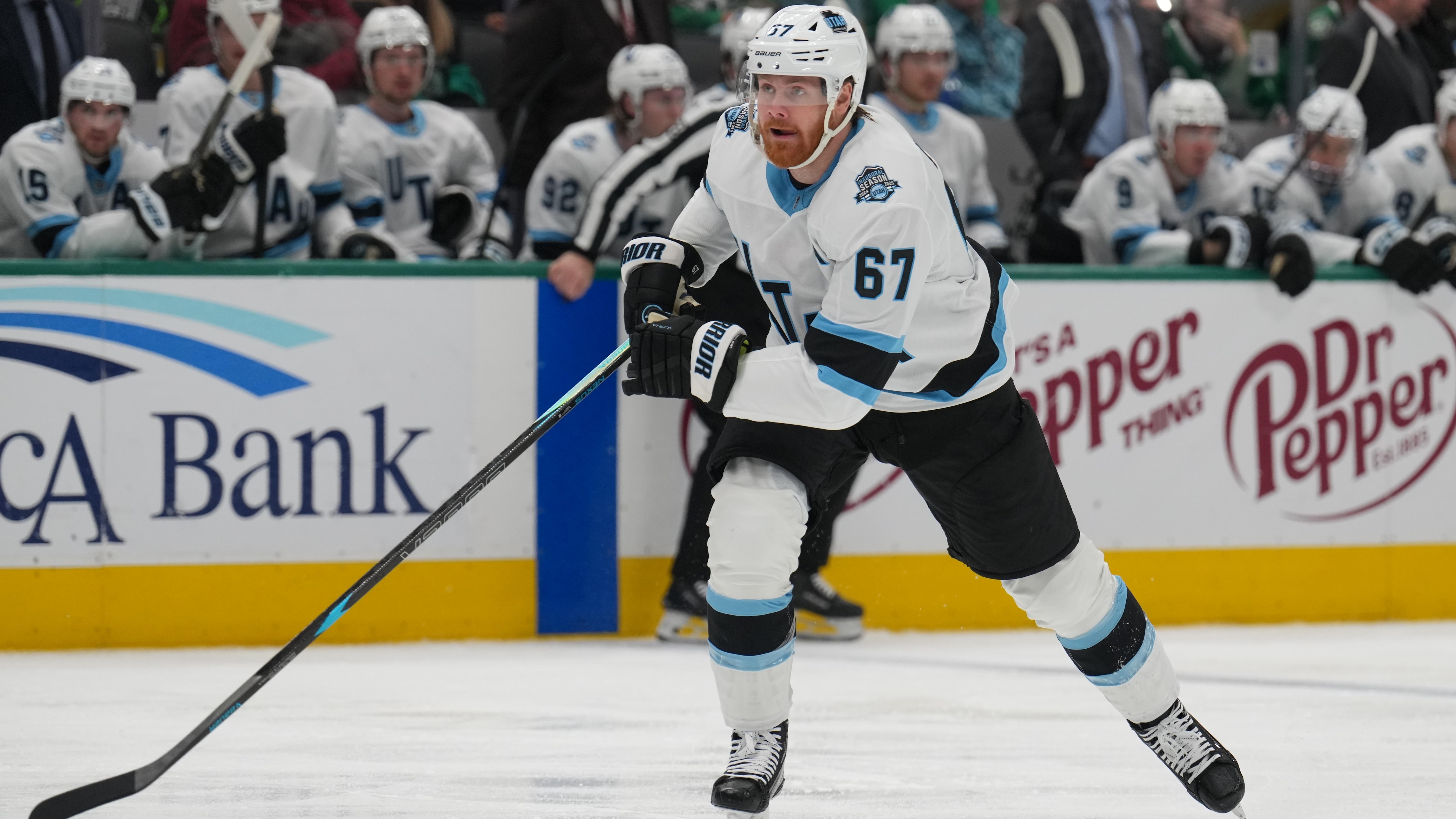
Crouse was supposed to be a core building block for the Arizona/Utah franchise, and while he has had some flashes of strong play, including a couple of 20-goal seasons, his role and production both declined significantly in 2024-25.
As the roster has rapidly improved, both from within and through outside additions, he has been passed by and is now an expensive depth player, earning more than $4 million per season. He played just 13 minutes per game in the 2024-25 season, scoring only 12 goals.
Vancouver Canucks: Elias Pettersson
29 of 32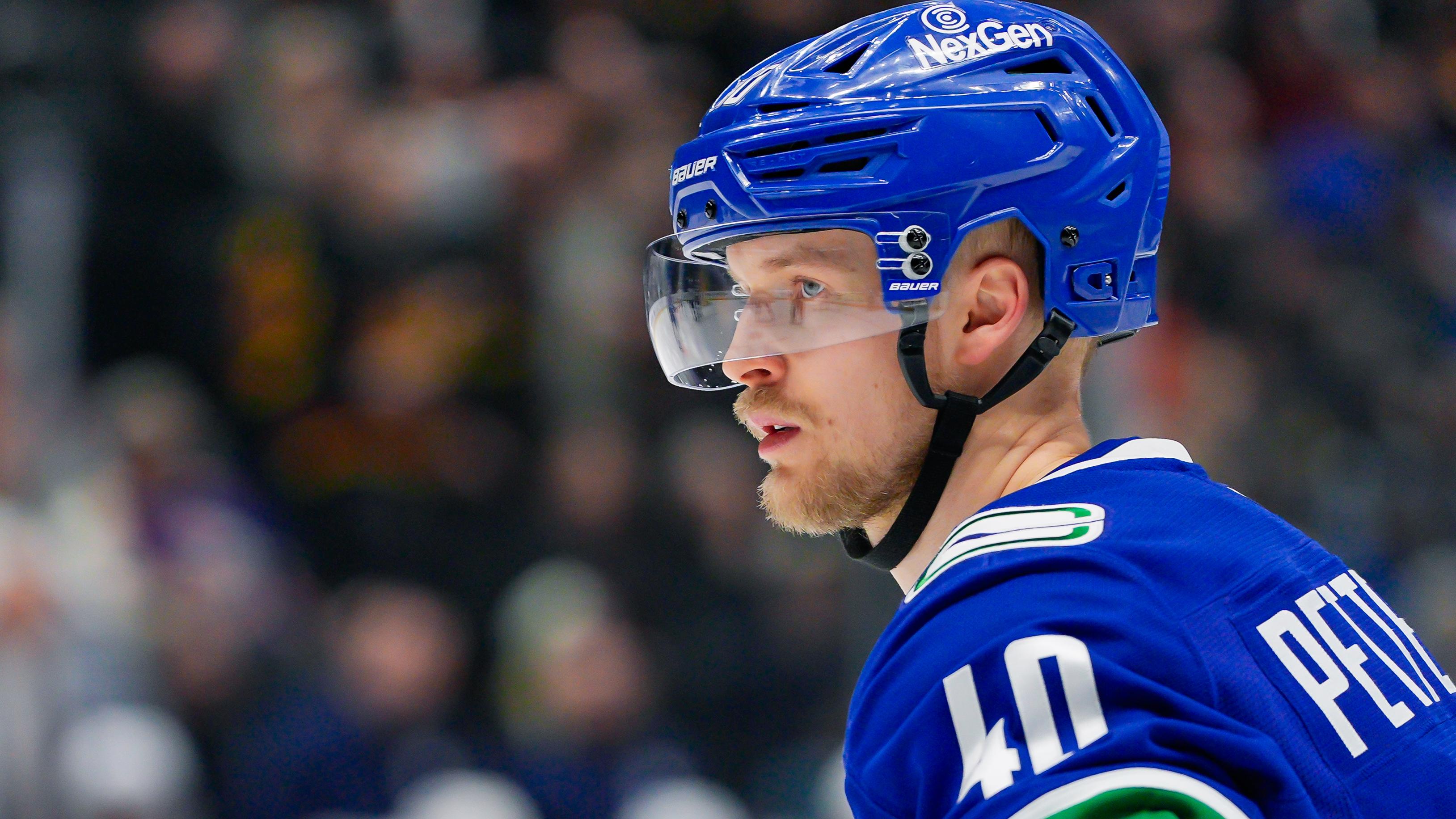
Things can change rapidly in professional sports, and Pettersson and his contract situation are both examples of that.
When he signed his long-term deal, which pays him over $11 million per season, he appeared to be a franchise player and the type of top-line star the Canucks needed to build around.
Over the past year and a half, he has been a shell of that player and, at times, became a liability in 2024-25.
Was that coaching? The feud with J.T. Miller? His own shortcomings as a player? A mix of all three? All are possible explanations. And it would not be out of the question for Pettersson to bounce back and again play like a superstar. And if he does, obviously, he no longer has a bad contract. However, it is up to him to change that narrative, and he needs to start doing so this season.
The Canucks were smart to keep him and hope he bounces back. But now he has to actually do it.
Vegas Golden Knights: Adin Hill
30 of 32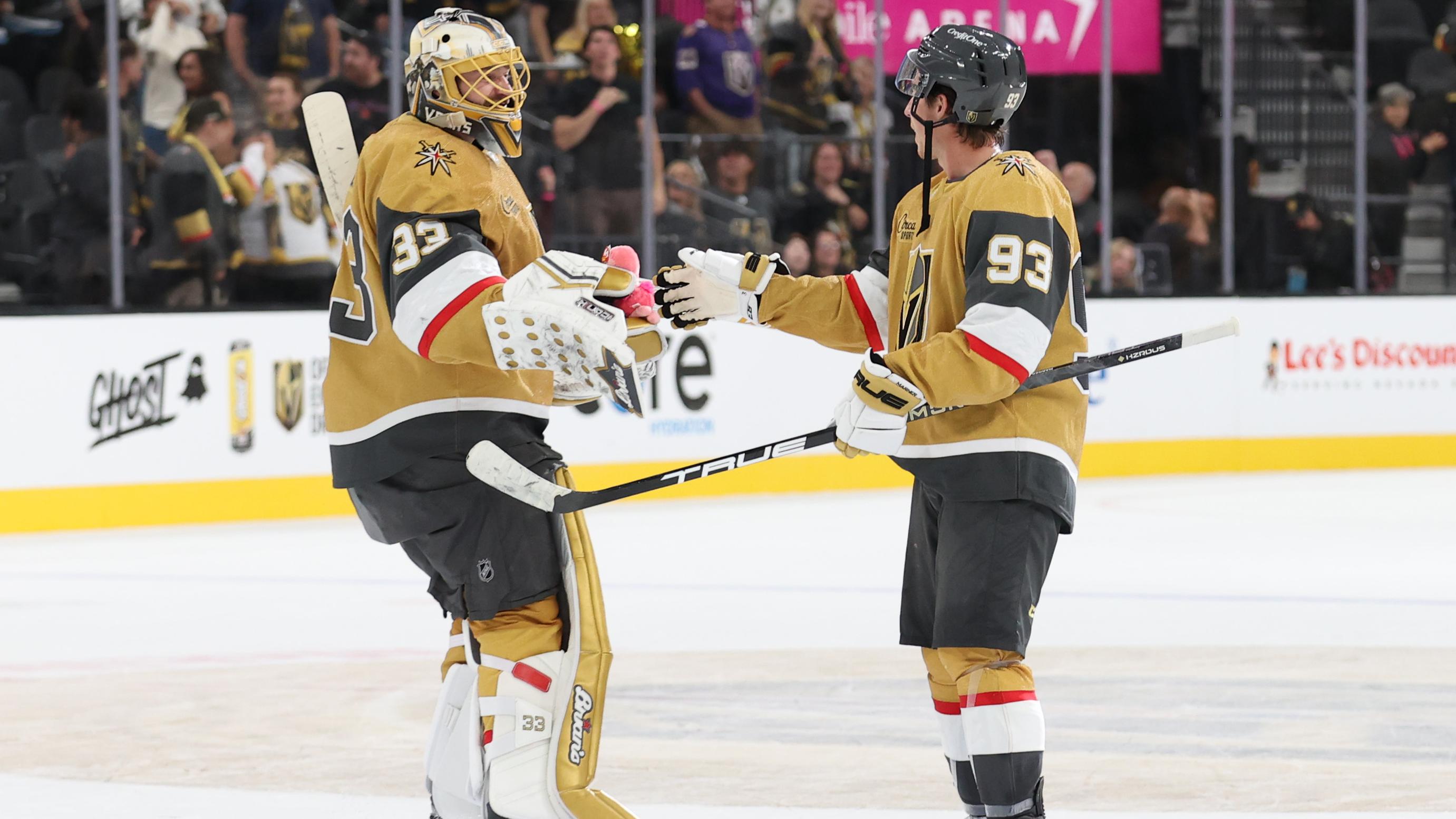
Hill came out of nowhere to backstop the Golden Knights to a Stanley Cup, and he will forever hold a special place in franchise history. Banners hang forever. But he's one of those goalies in that problematic $5-6 million per year salary cap range where you're not really sure if he's any good or not.
Statistically, he's been a mostly league-average goalie, but the Golden Knights have him signed for five more years at more than $6 million per season. I'm not sure if that's the best investment for that roster at such an important position.
Washington Capitals: Tom Wilson
31 of 32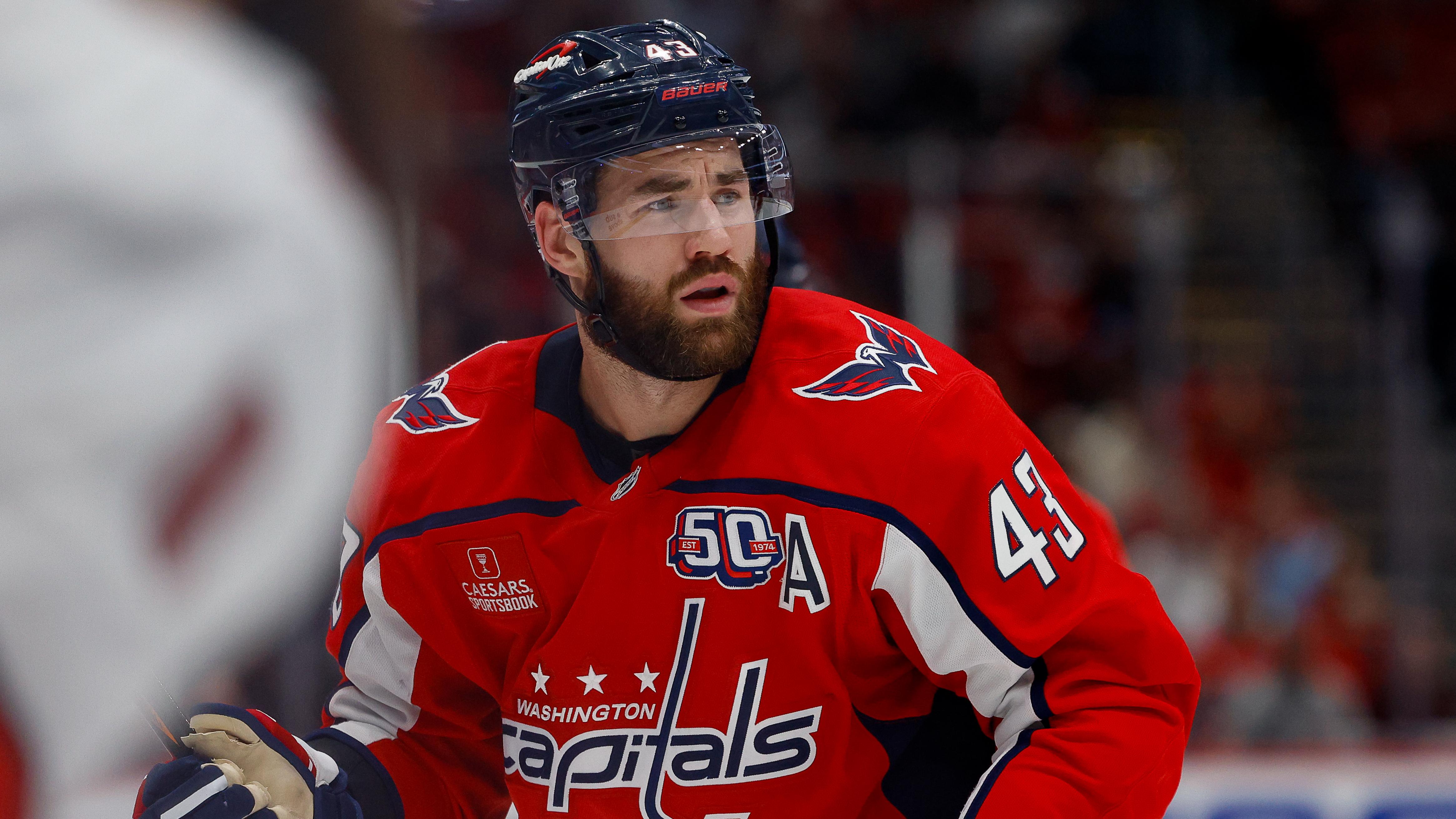
Wilson deserves a ton of credit for two big developments in his career. The first is reducing the number of suspensions. It was a problem.
For him, his opponents, his team, the league .... everybody.
And while he still plays a physical game, he has cleaned up the suspension-worthy plays. The second is becoming a legitimate top-six offensive player who can score 30 goals.
In the short term, he's probably worth every penny of that $6.5 million salary cap number he has. The concern here is long-term. He's already 31 years old, plays a brutally physical game and still has six years left on that contract. This is one where I'm unsure how it will age long-term for the team.
Winnipeg Jets: Mark Scheifele
32 of 32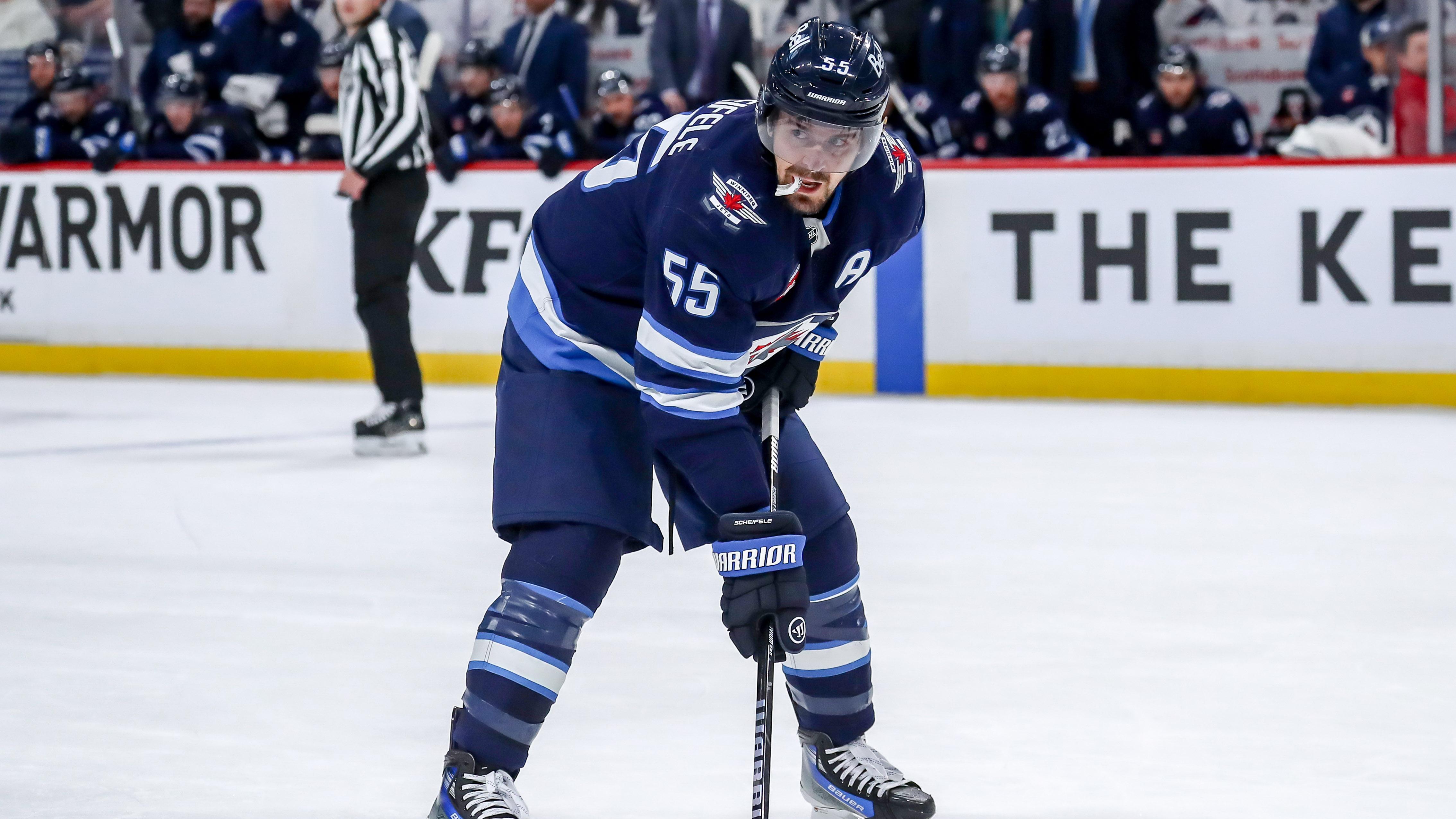
This might be a reach because Scheifele is still a tremendous offensive player, and the Jets' best offensive player.
However, his defensive impacts leave a lot to be desired; he is 32 years old and is still under contract for another six years. It wouldn't be surprising if this contract starts to decline in value in the coming seasons. Once his offense starts to decline and regress -- and it will, because Father Time is undefeated -- I'm not sure there's enough to the rest of his game to help make up for that.
-(1).jpg)
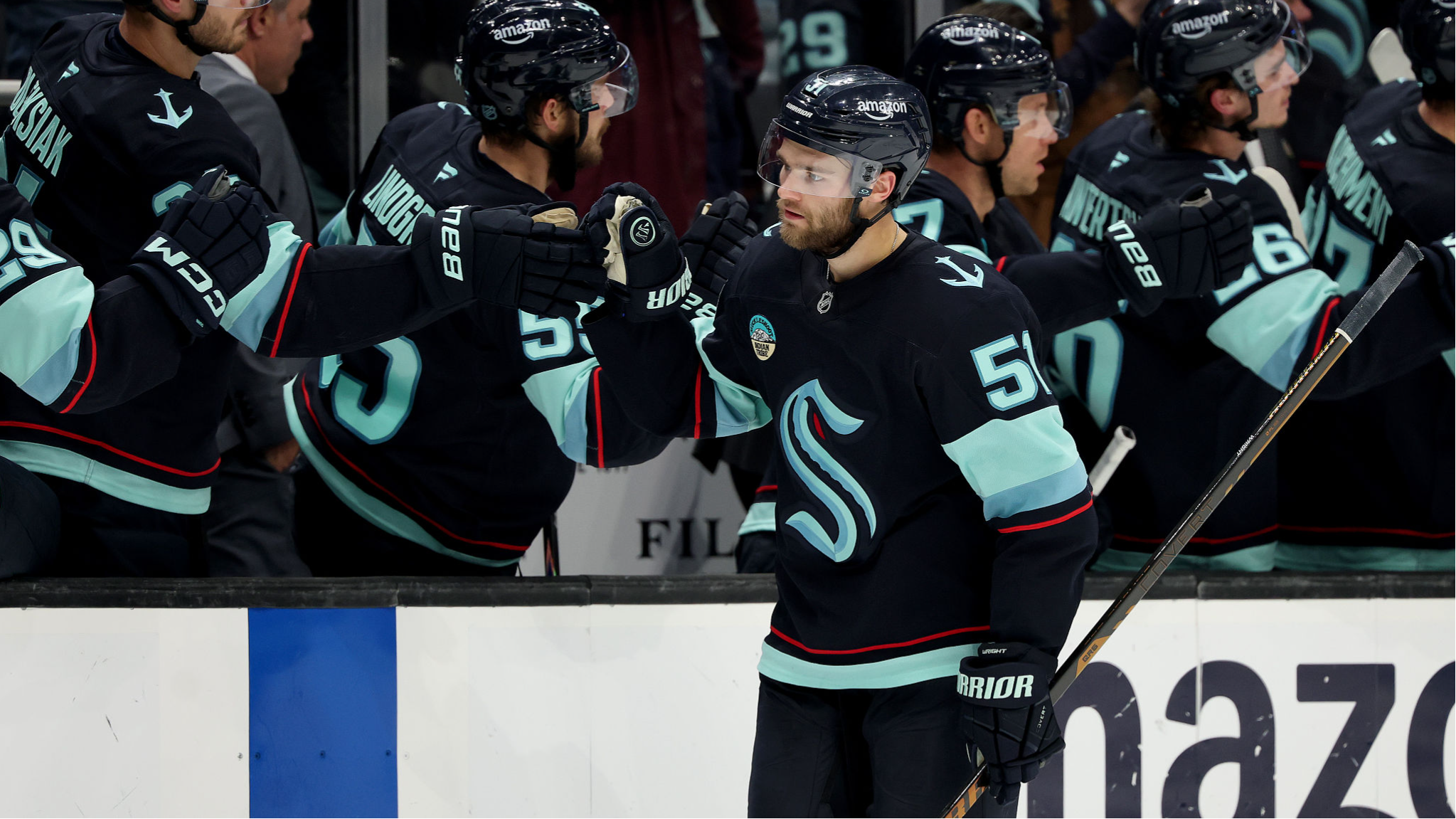
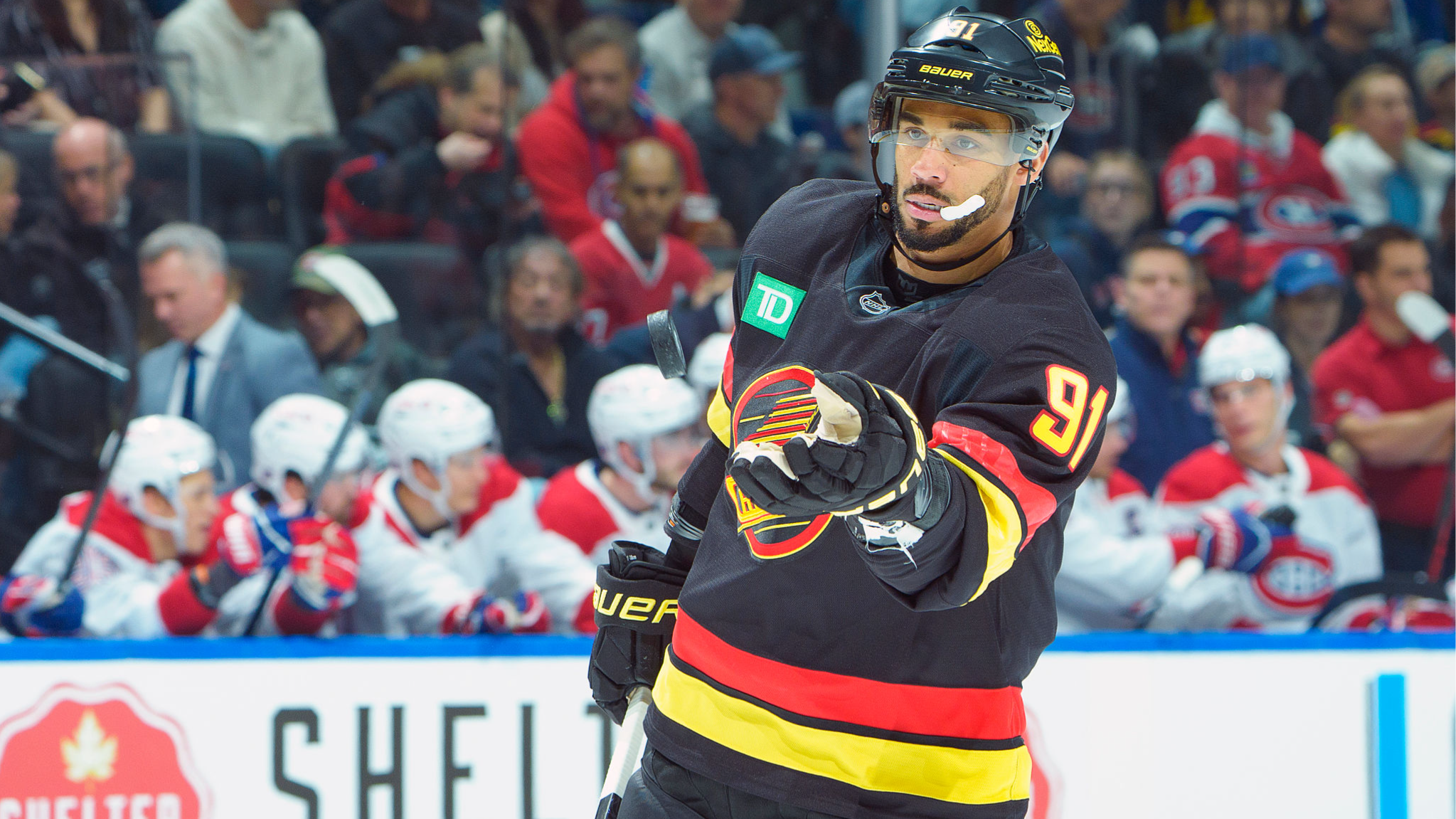
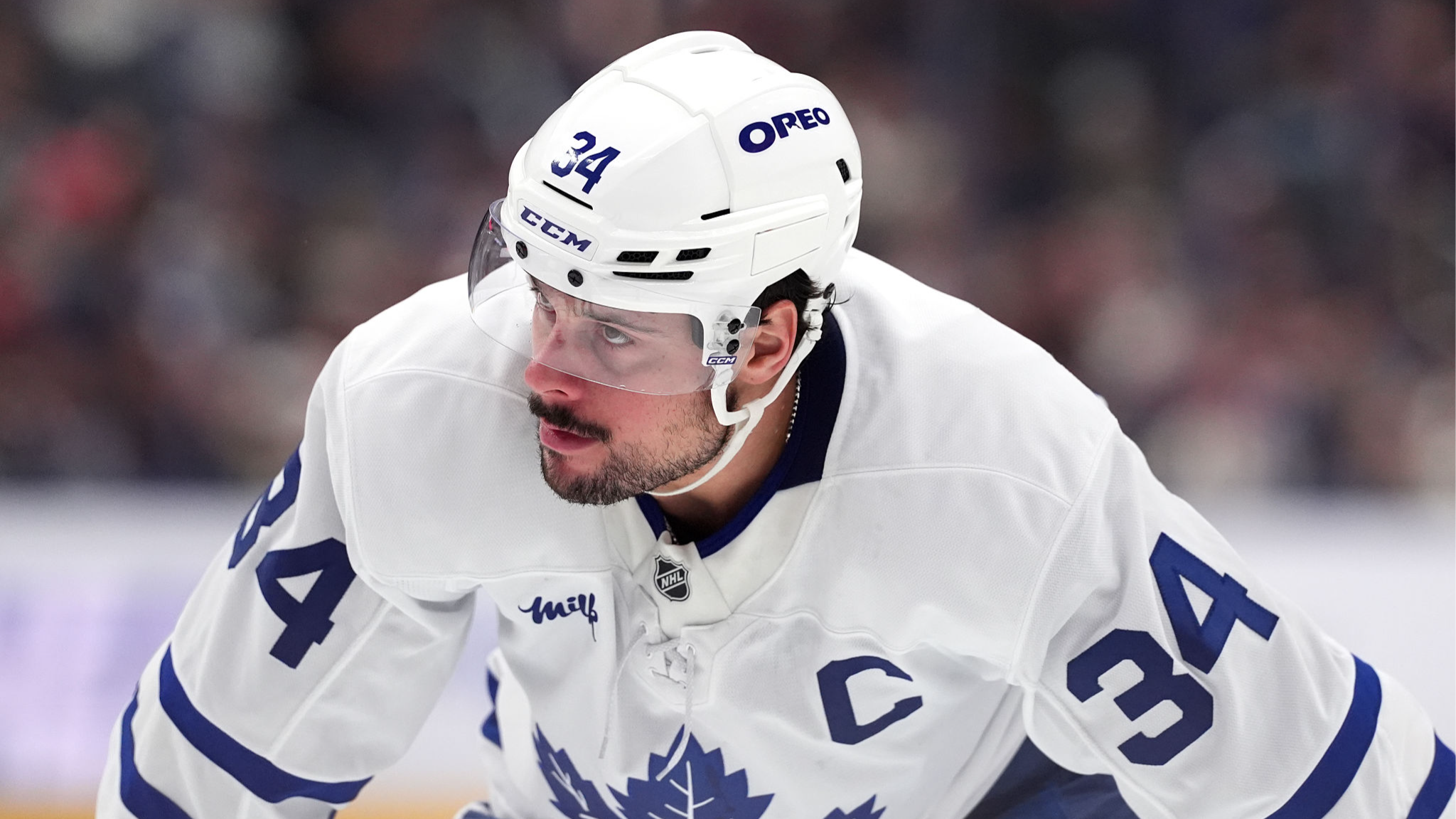
.png)
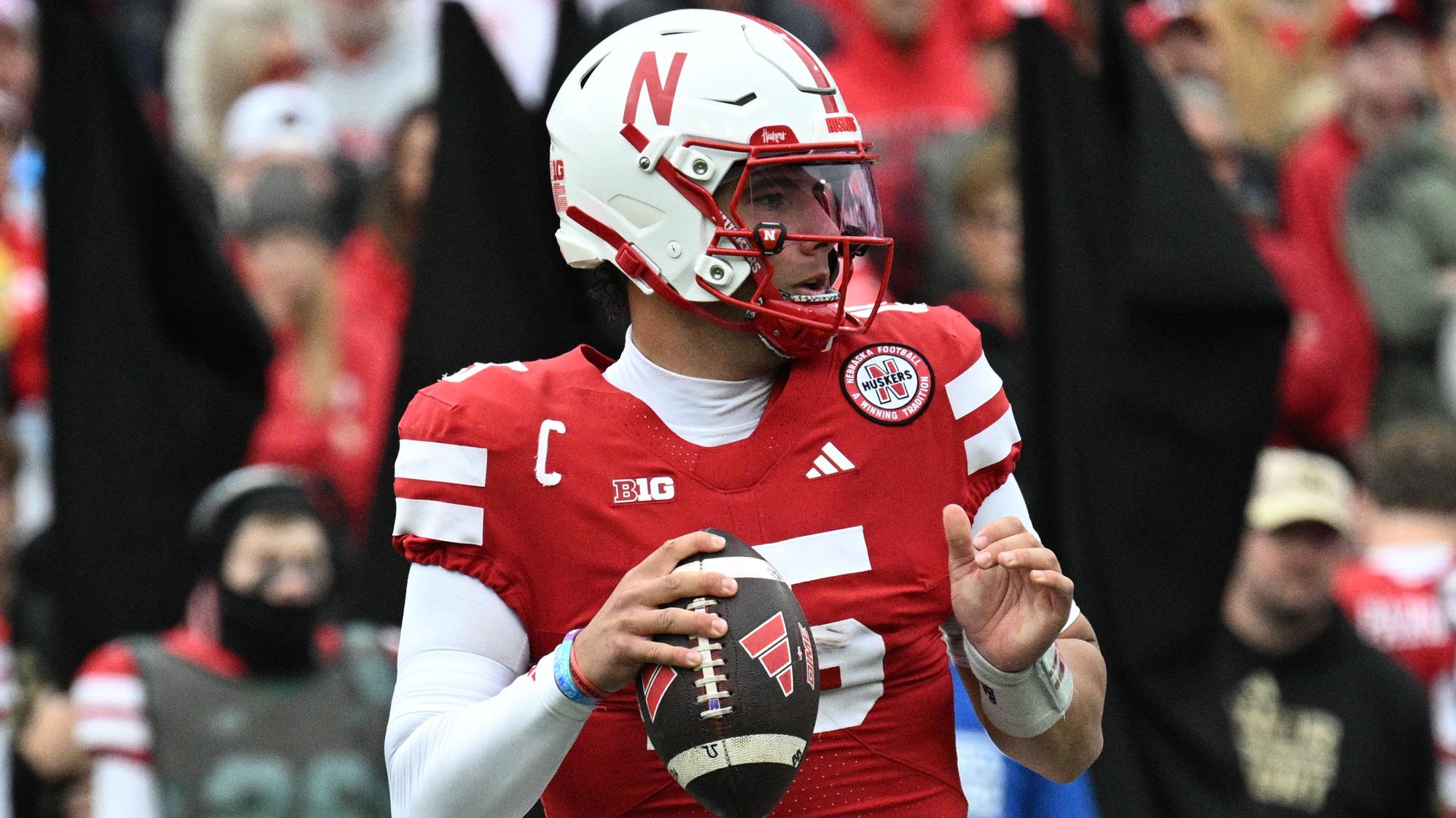
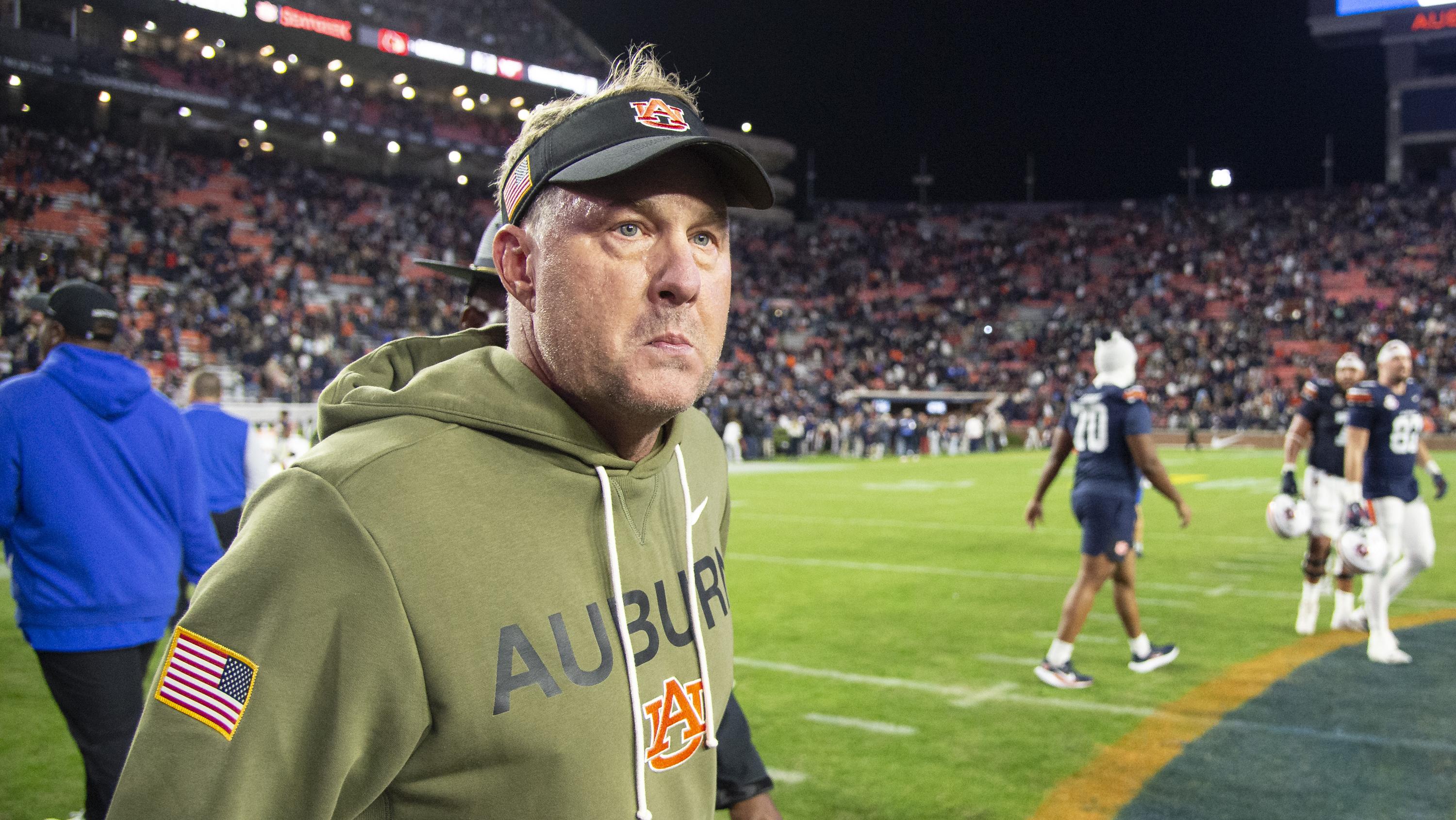
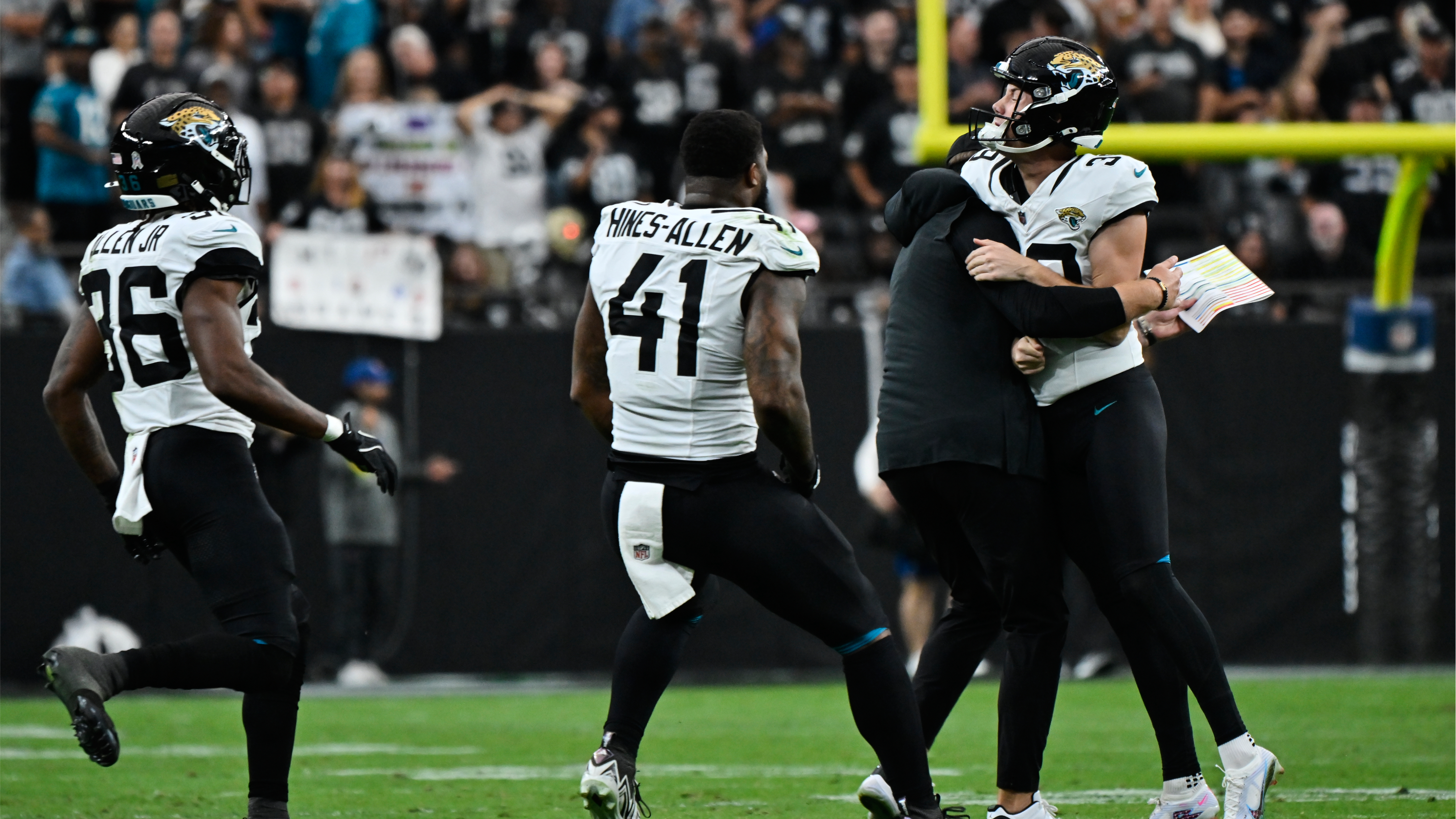
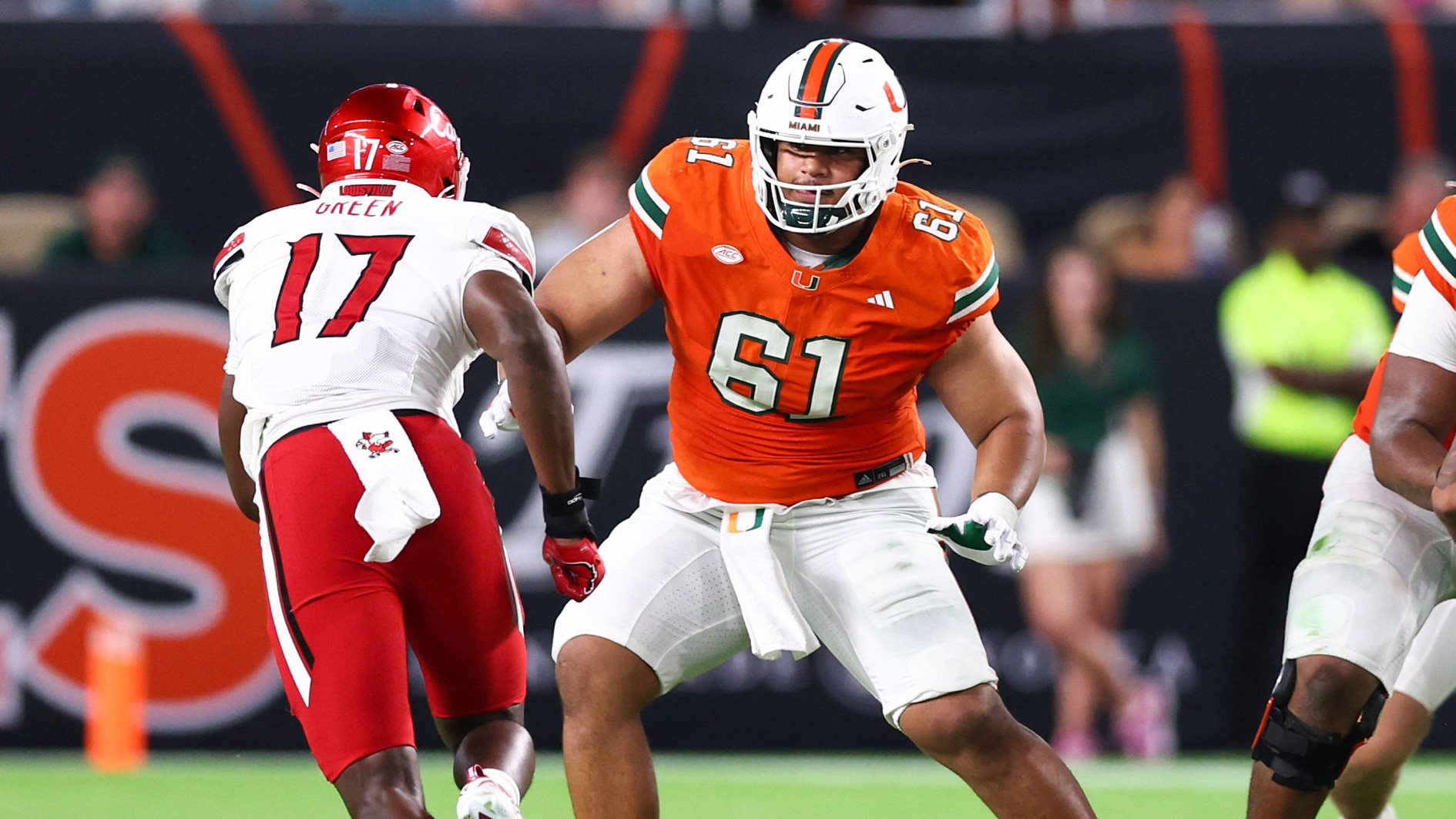
.jpg)